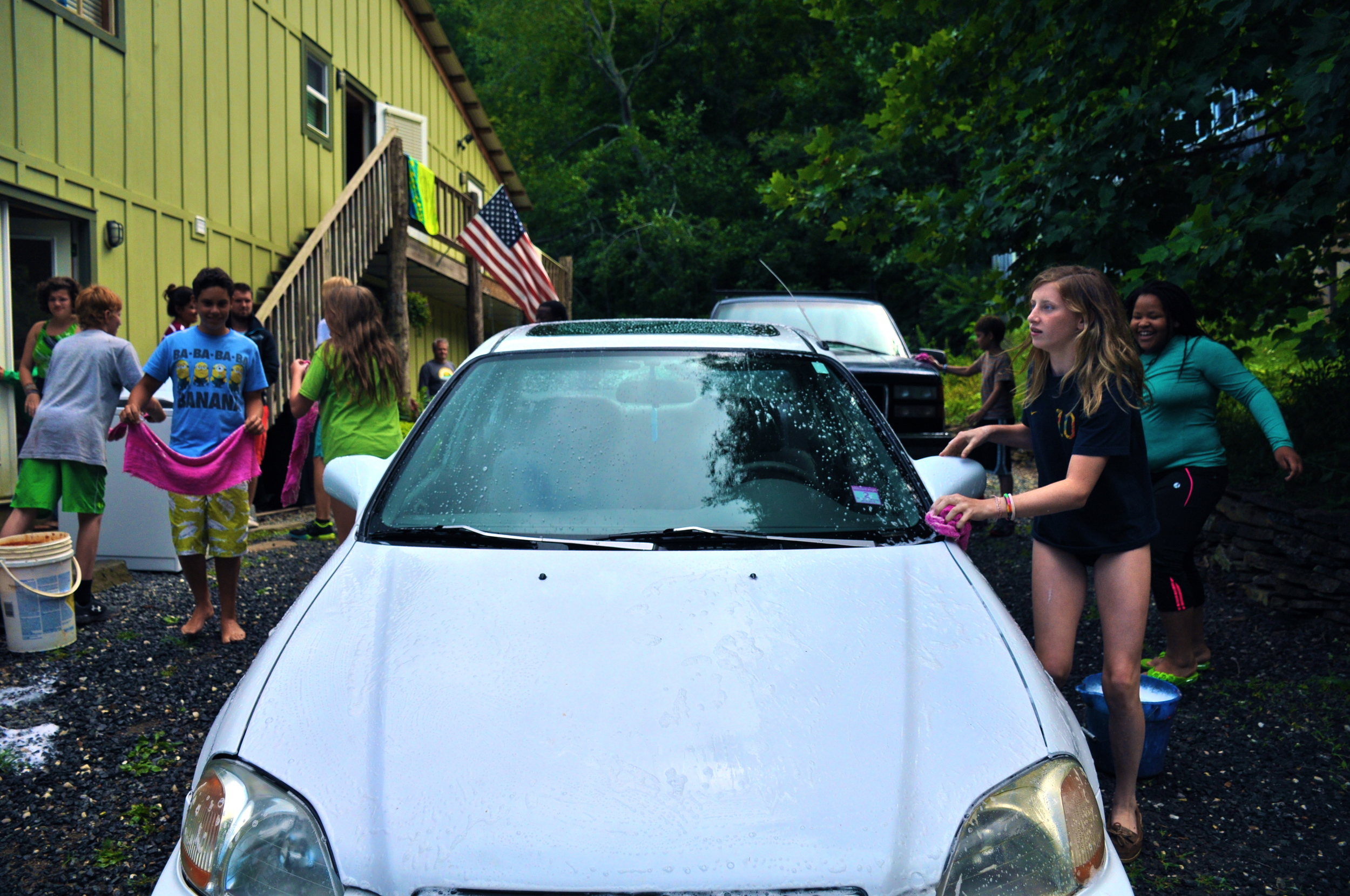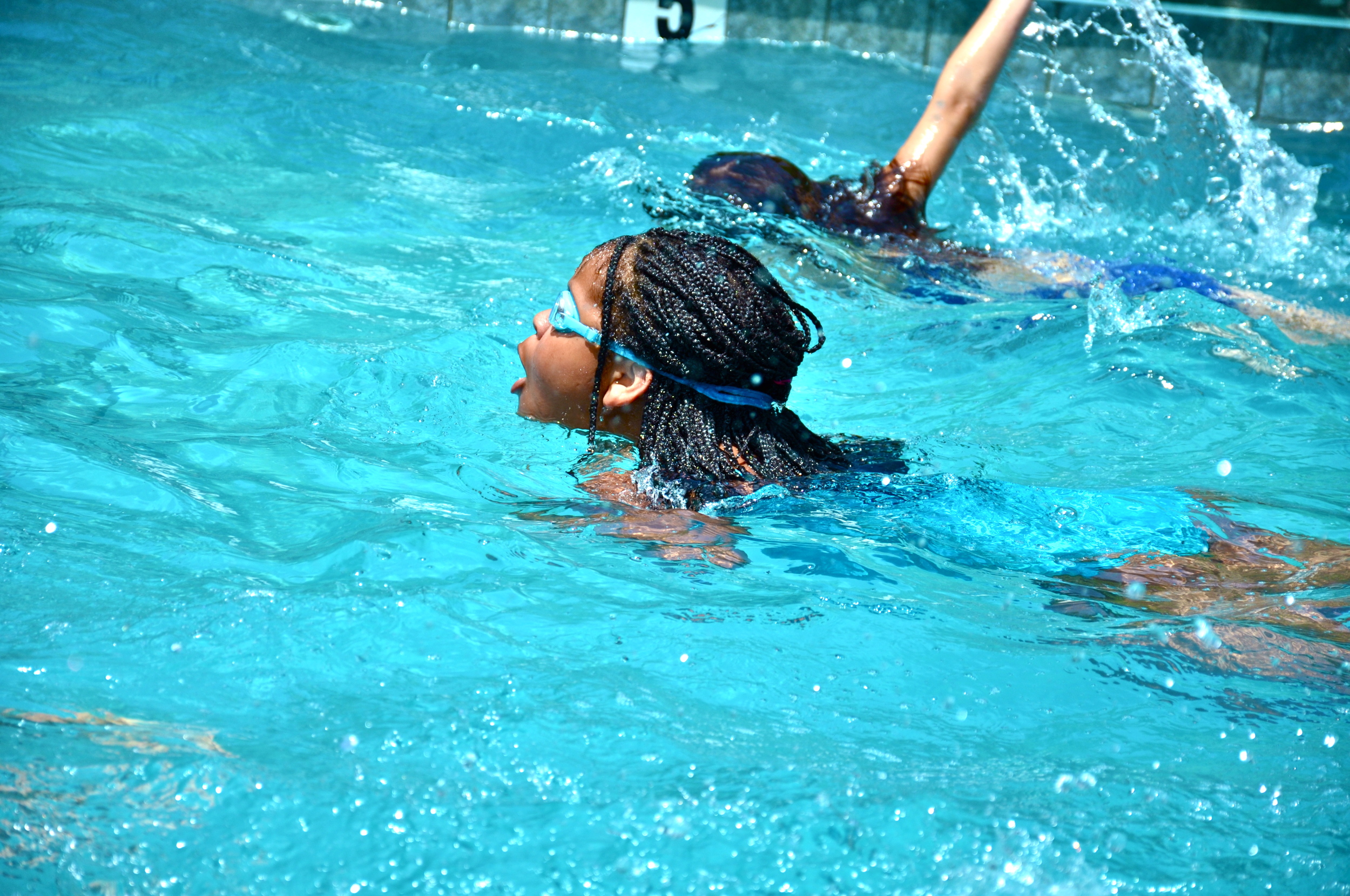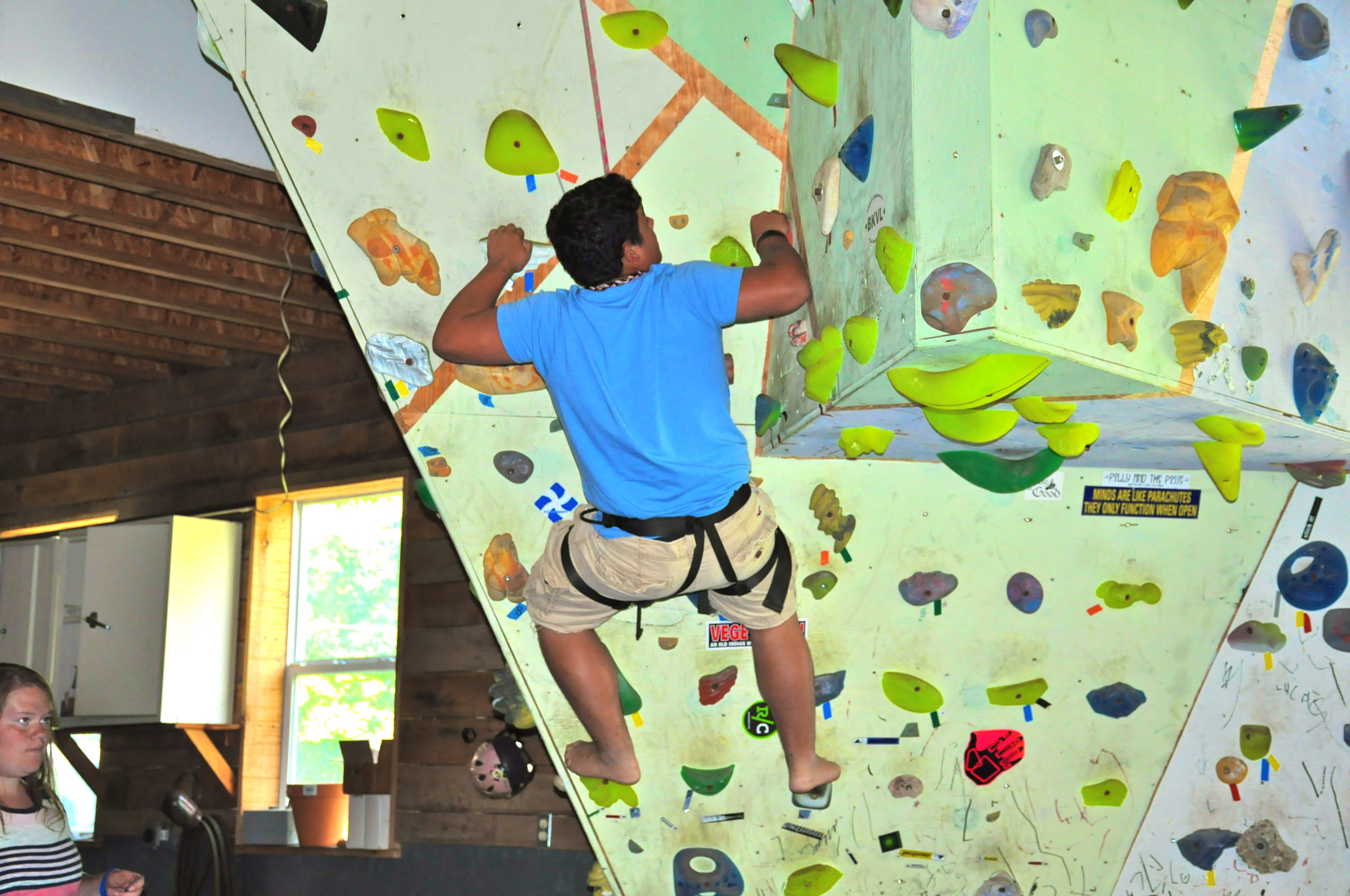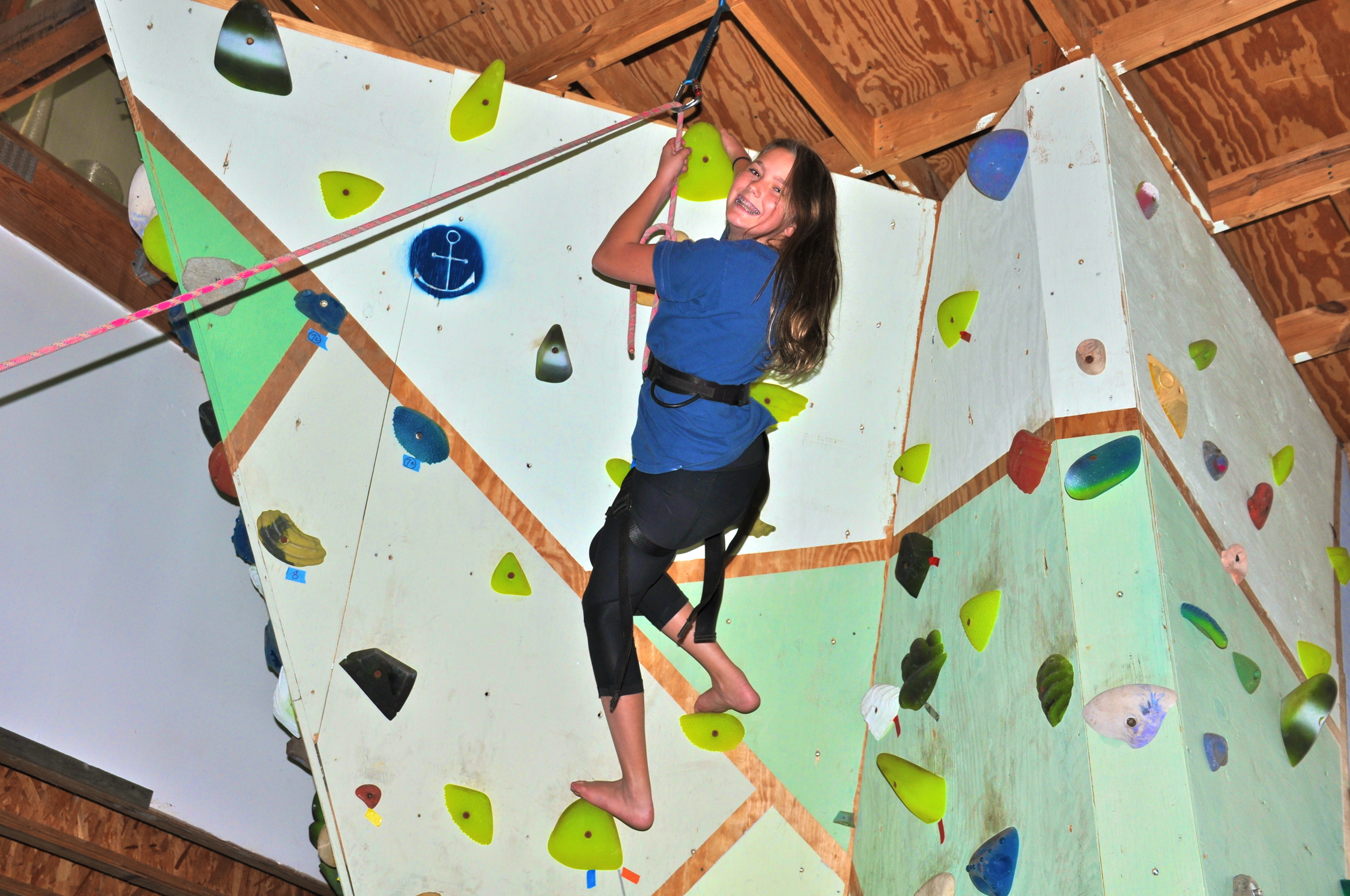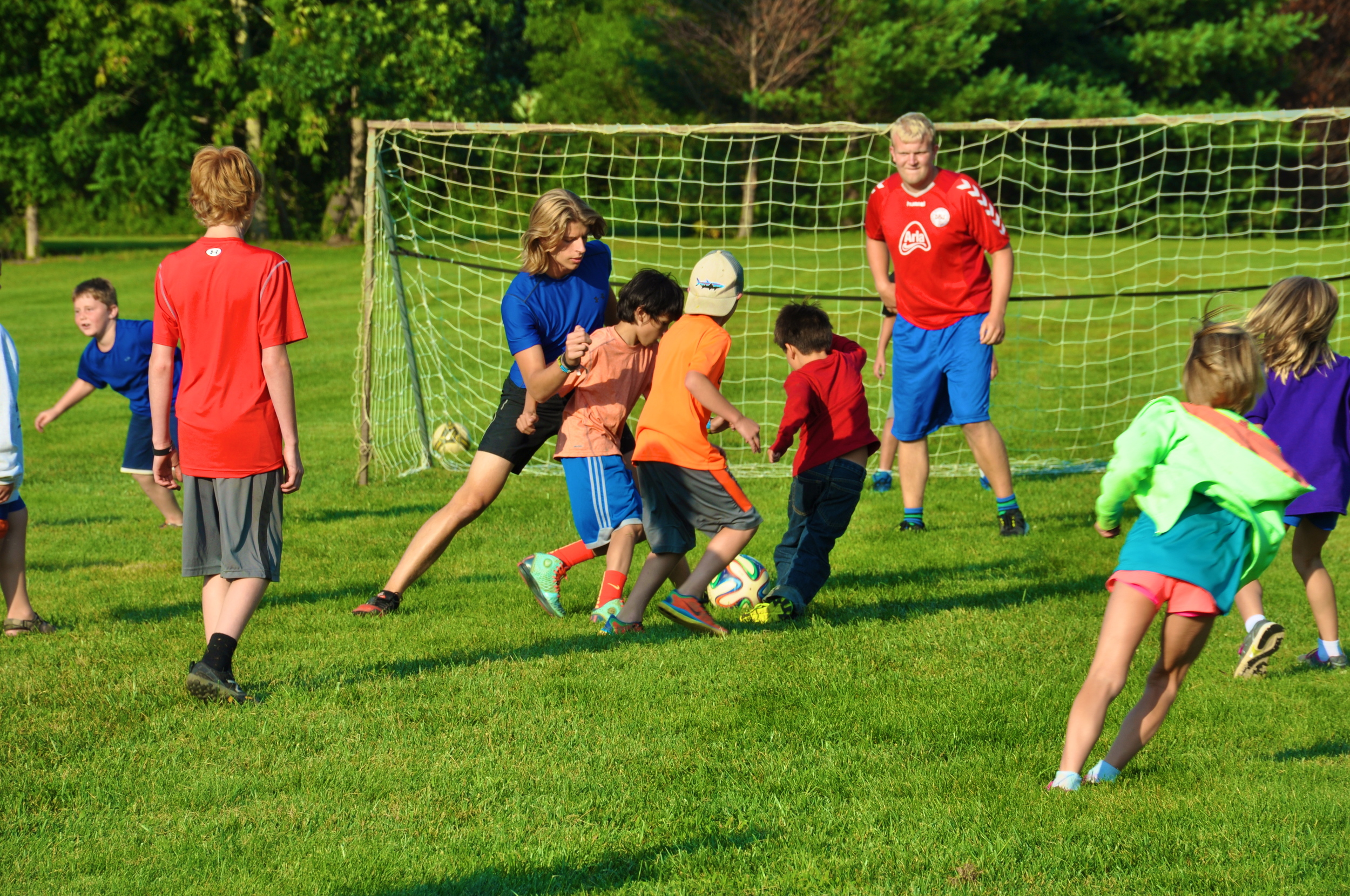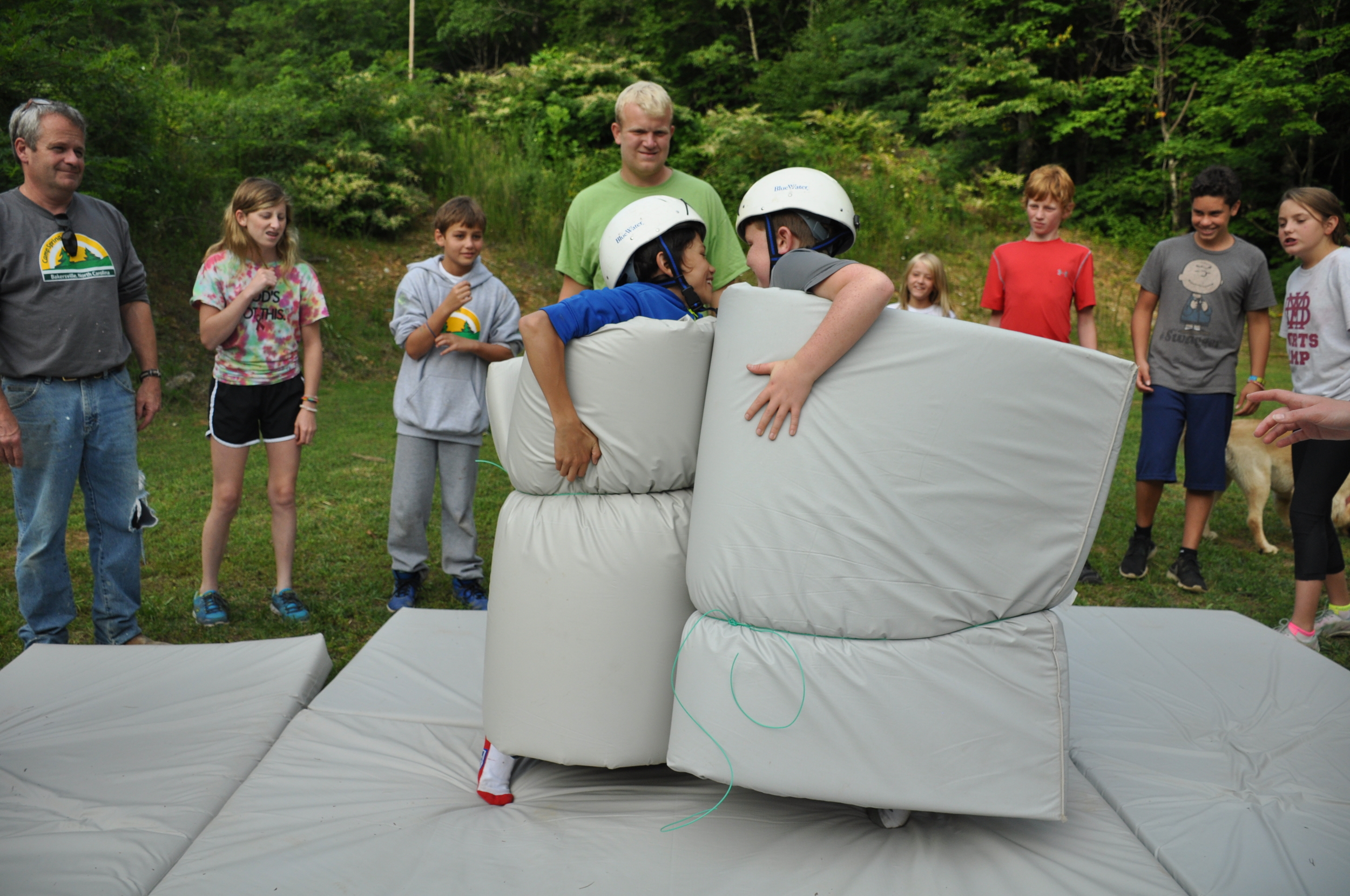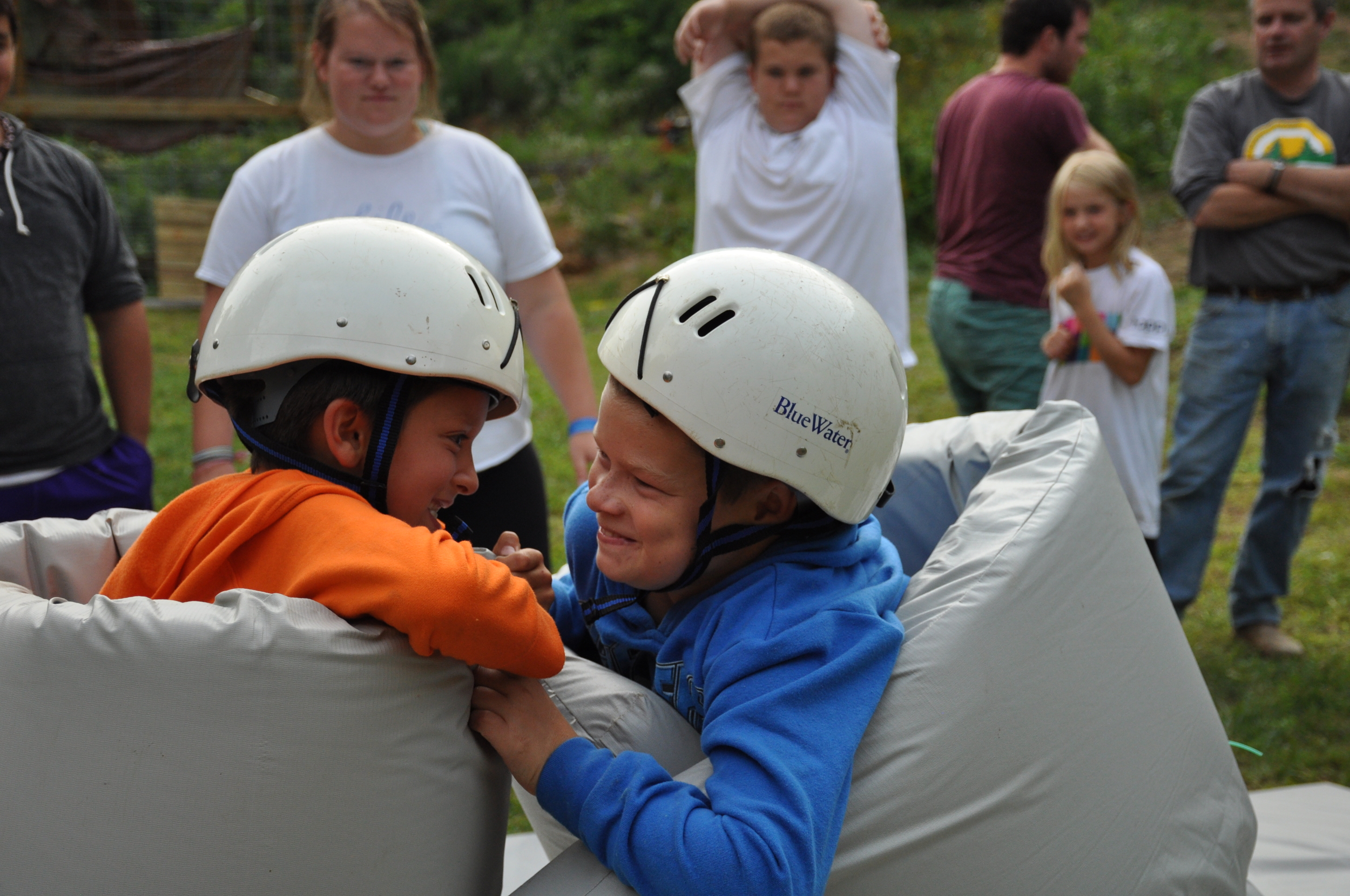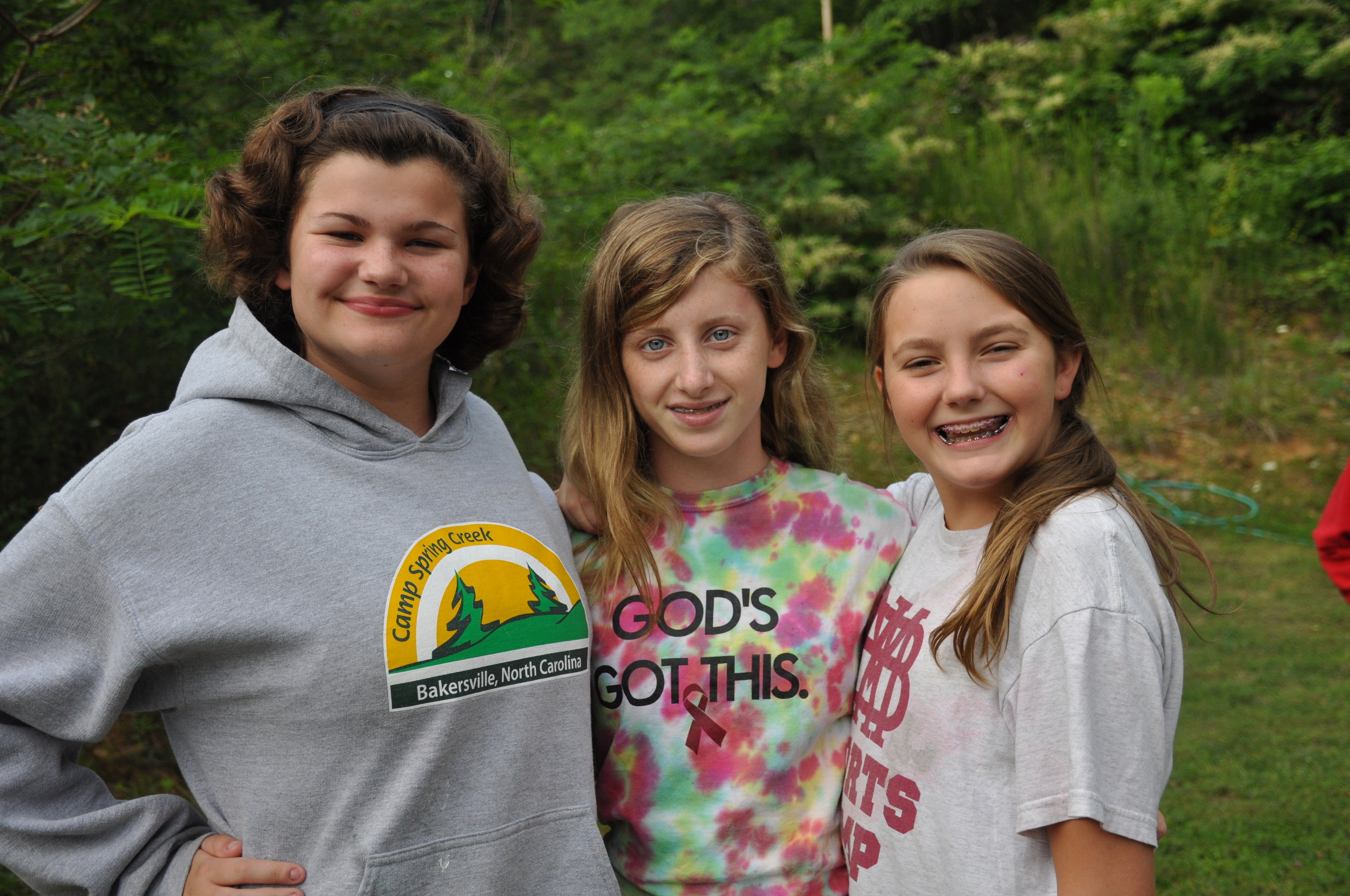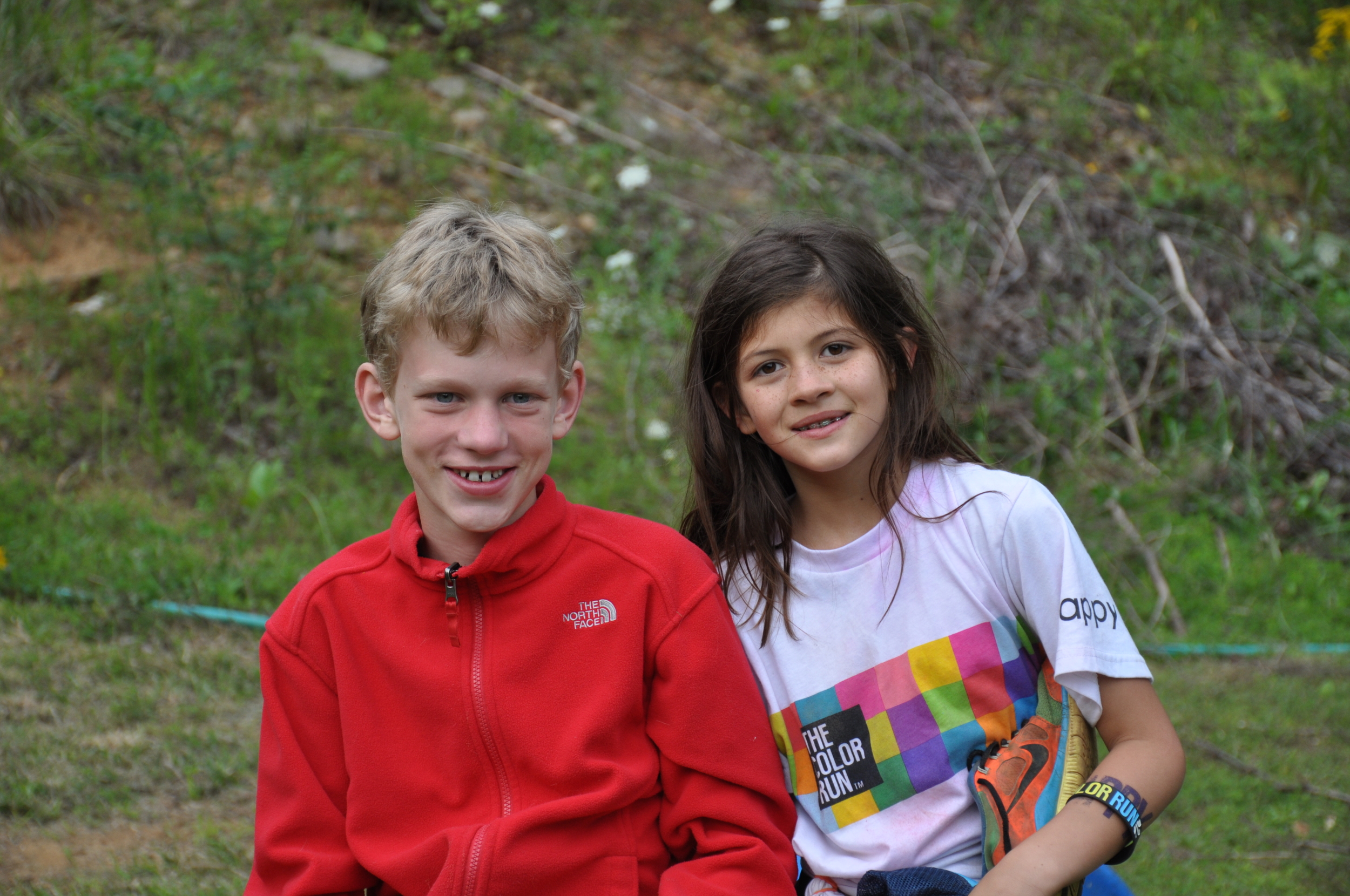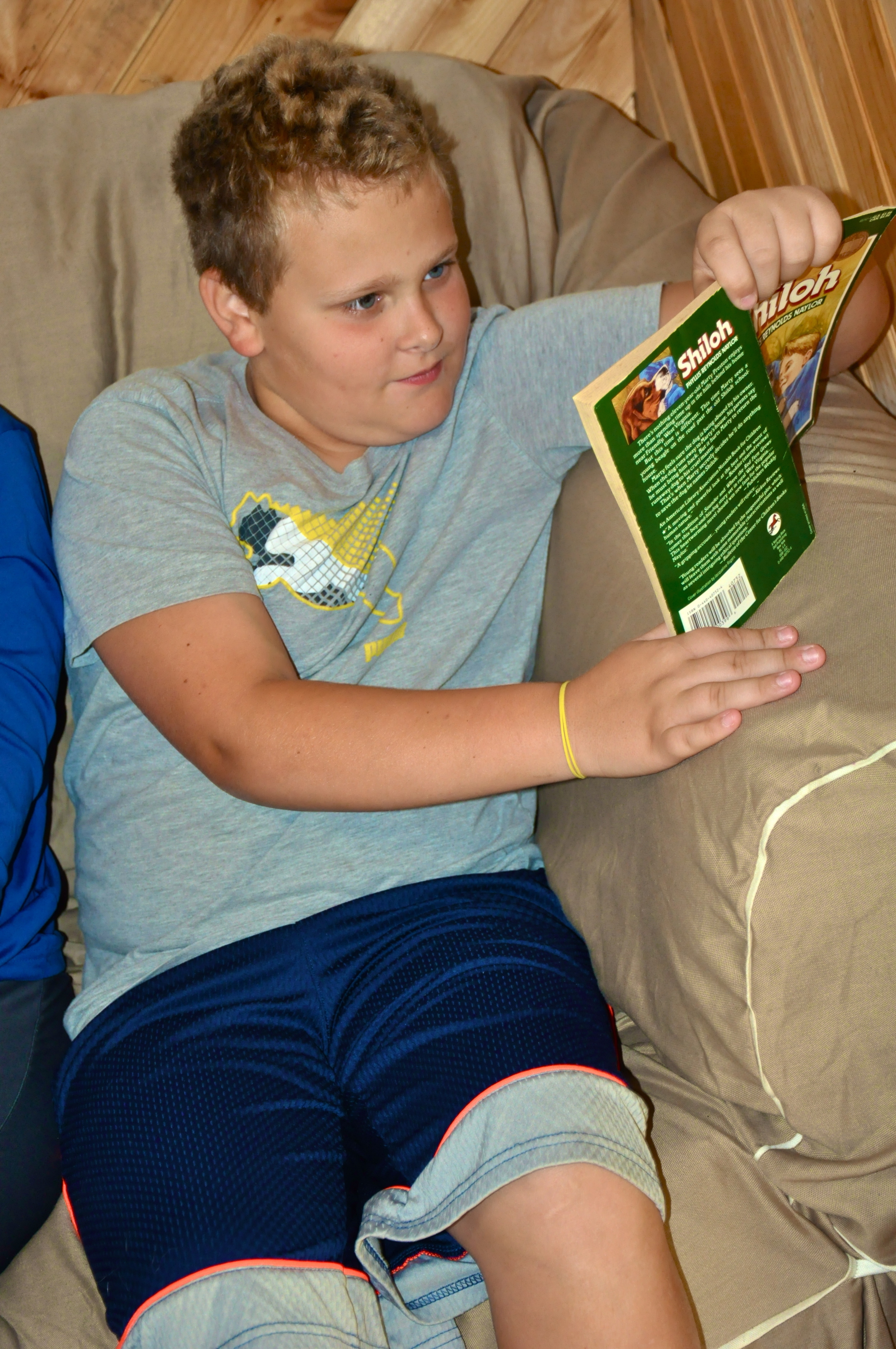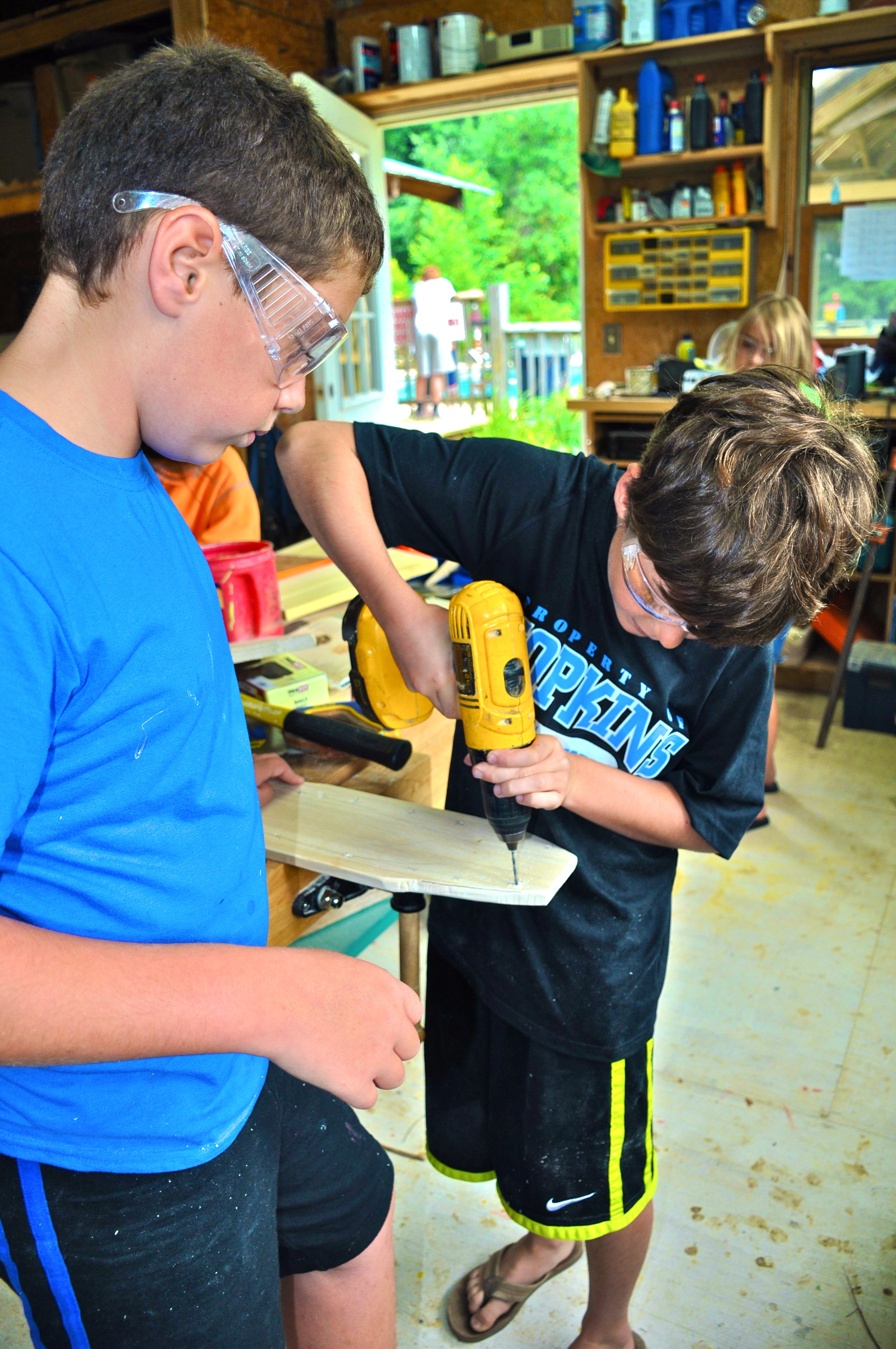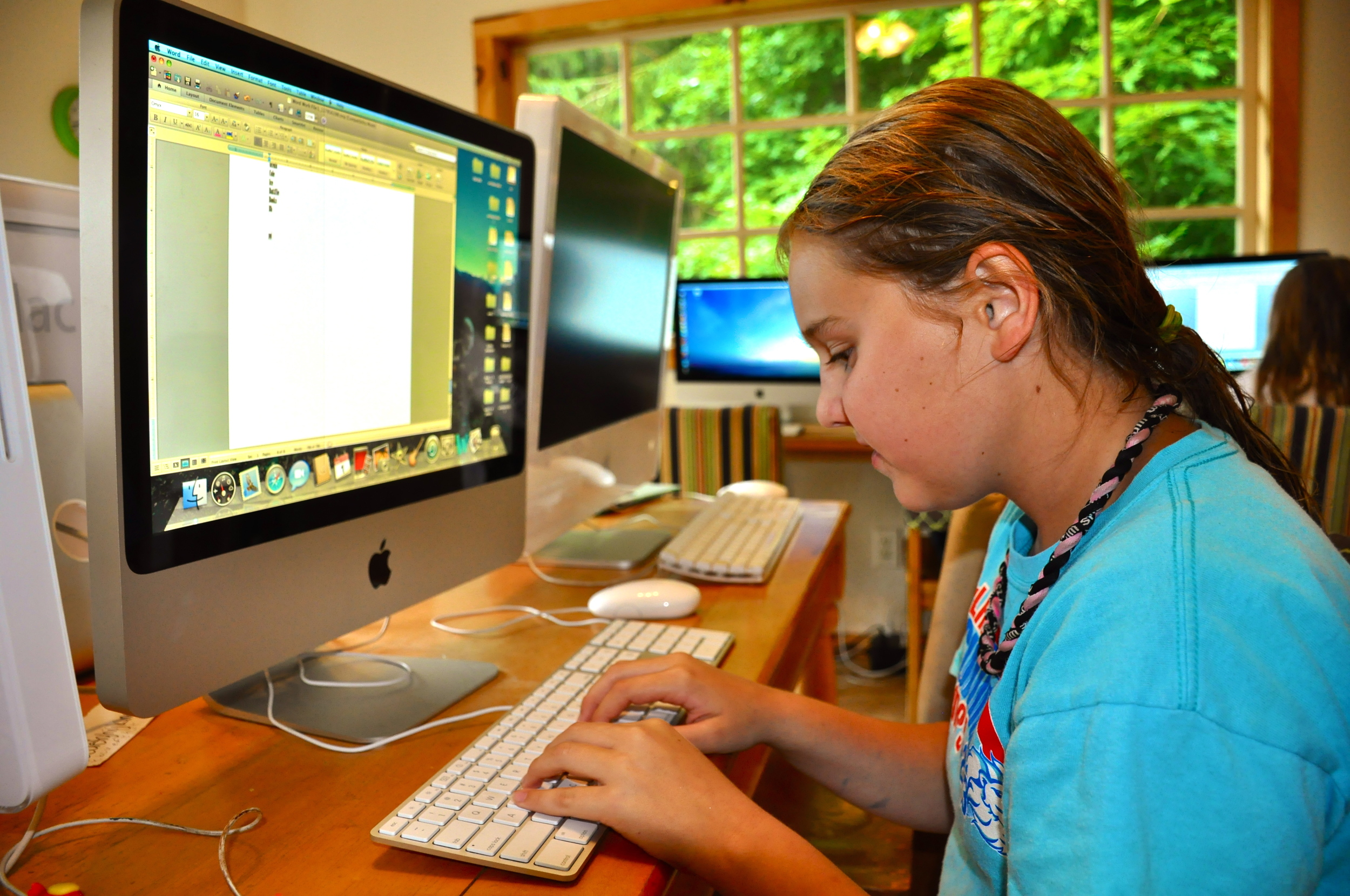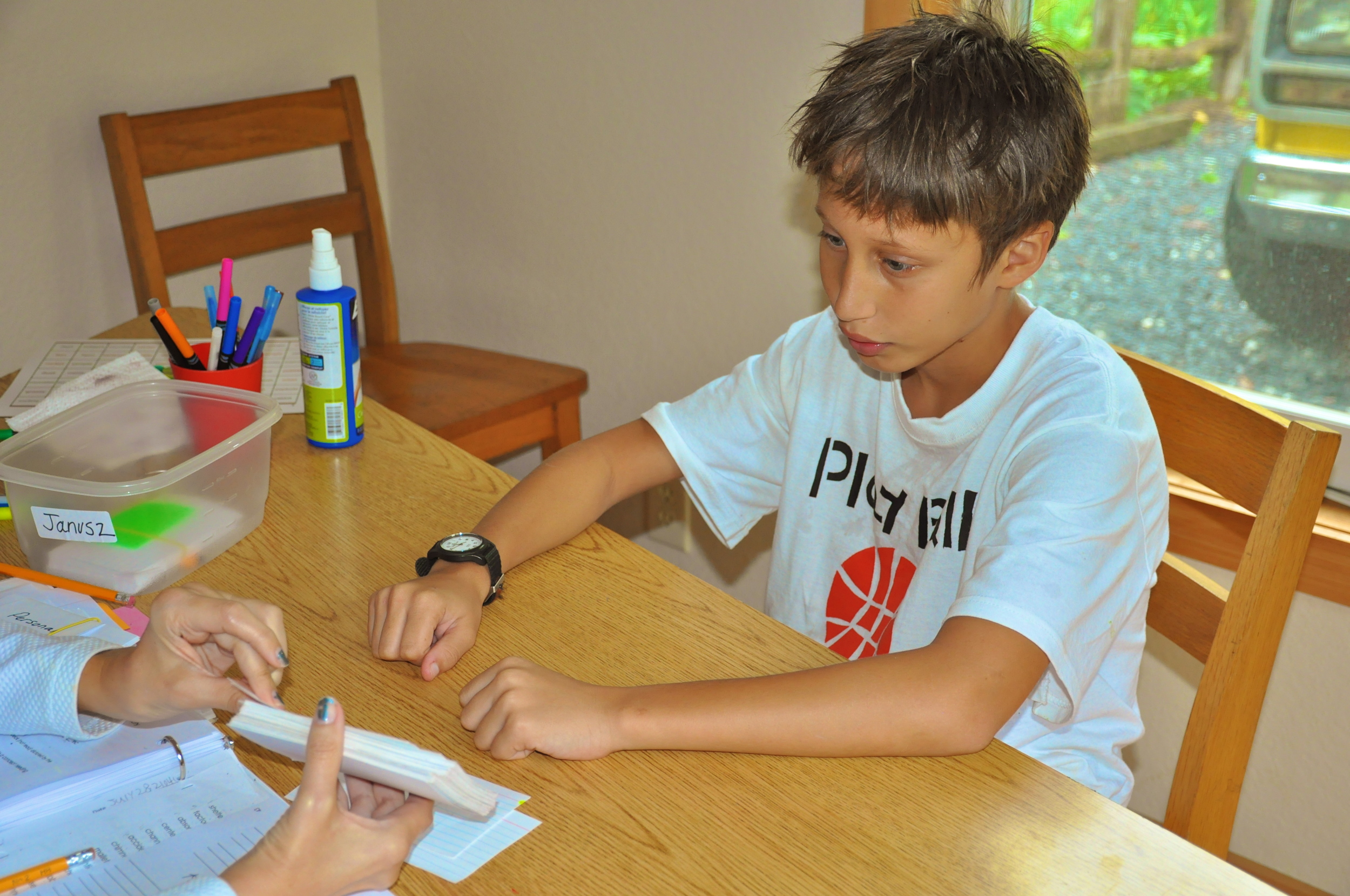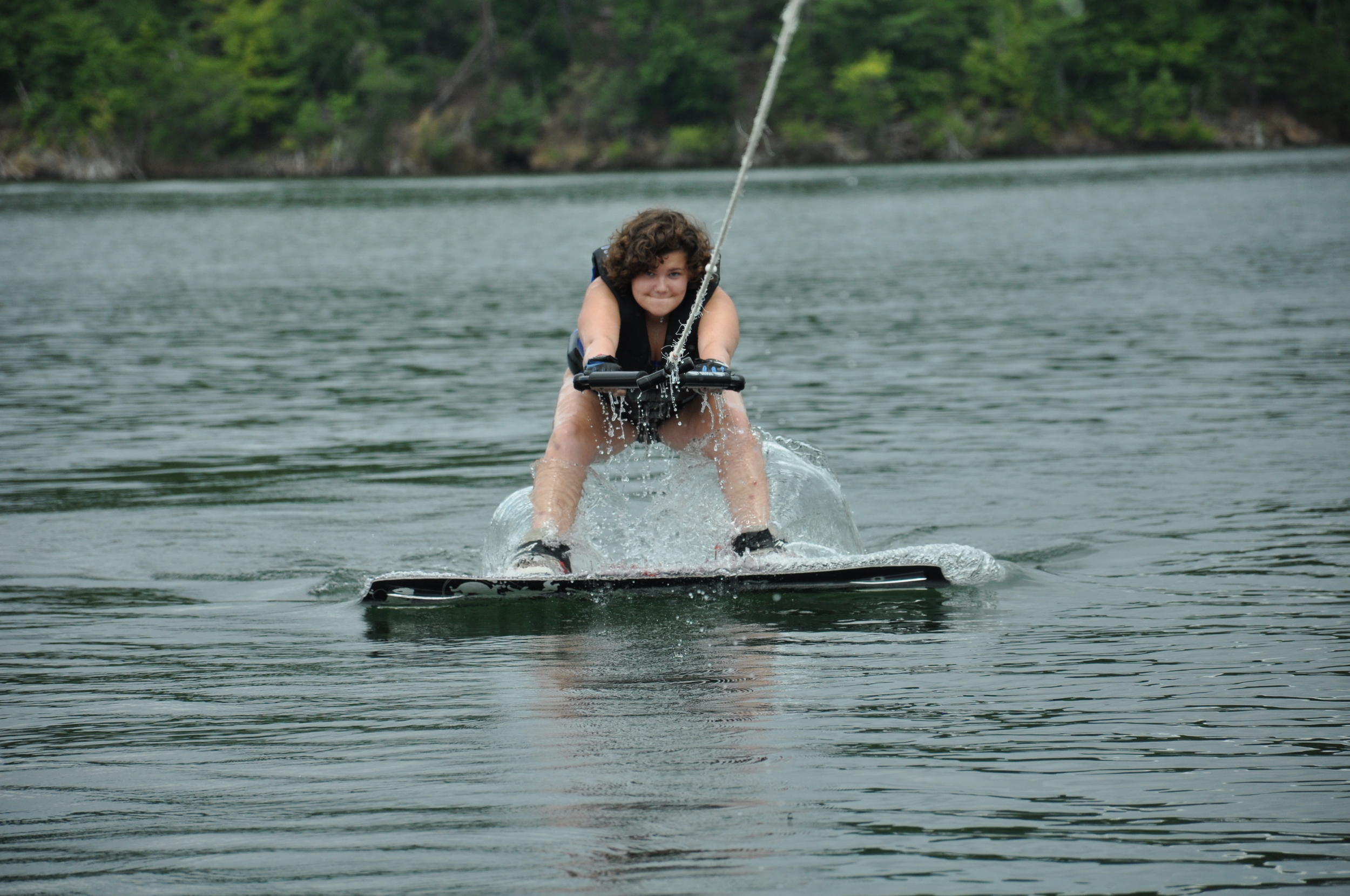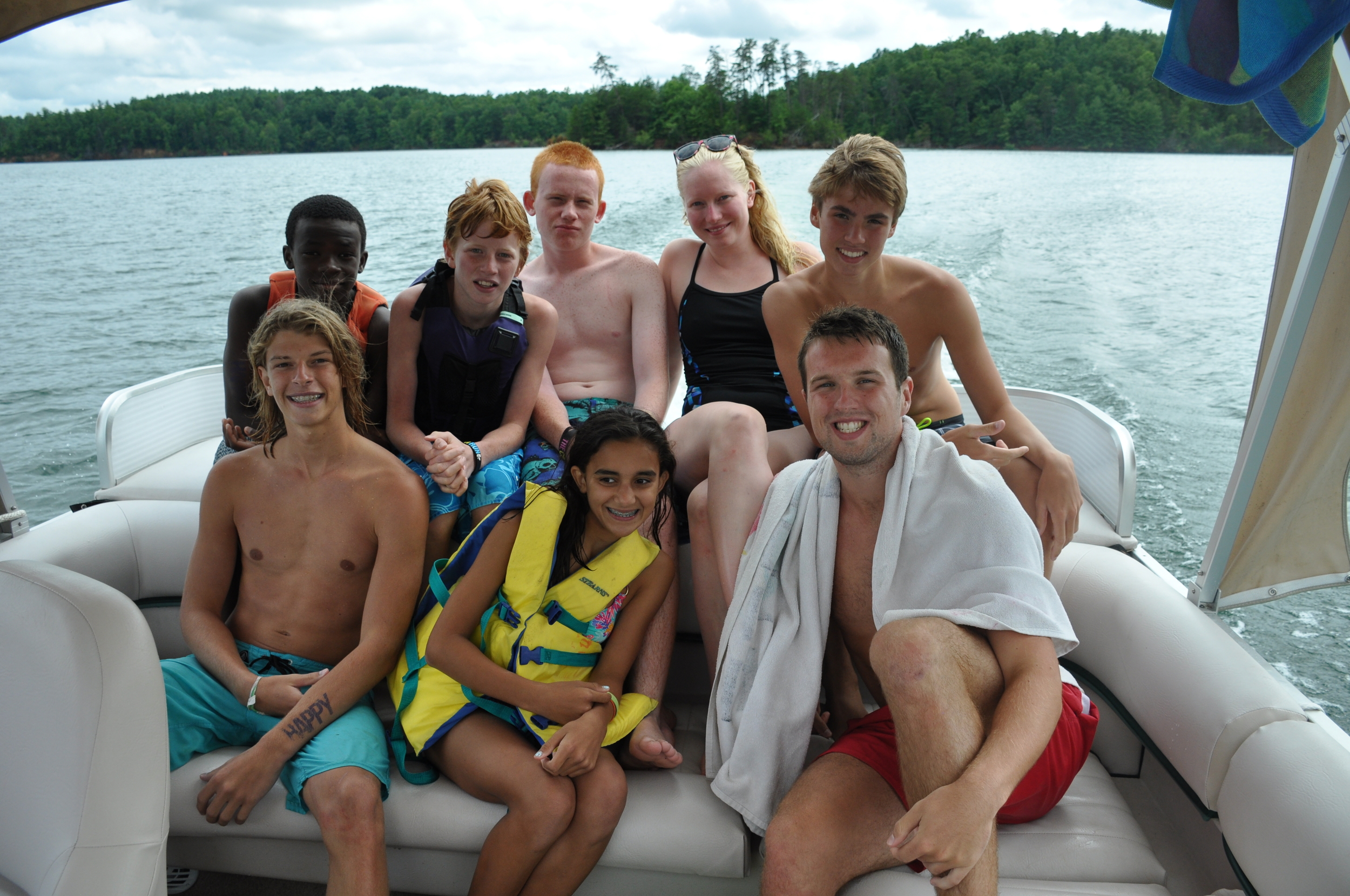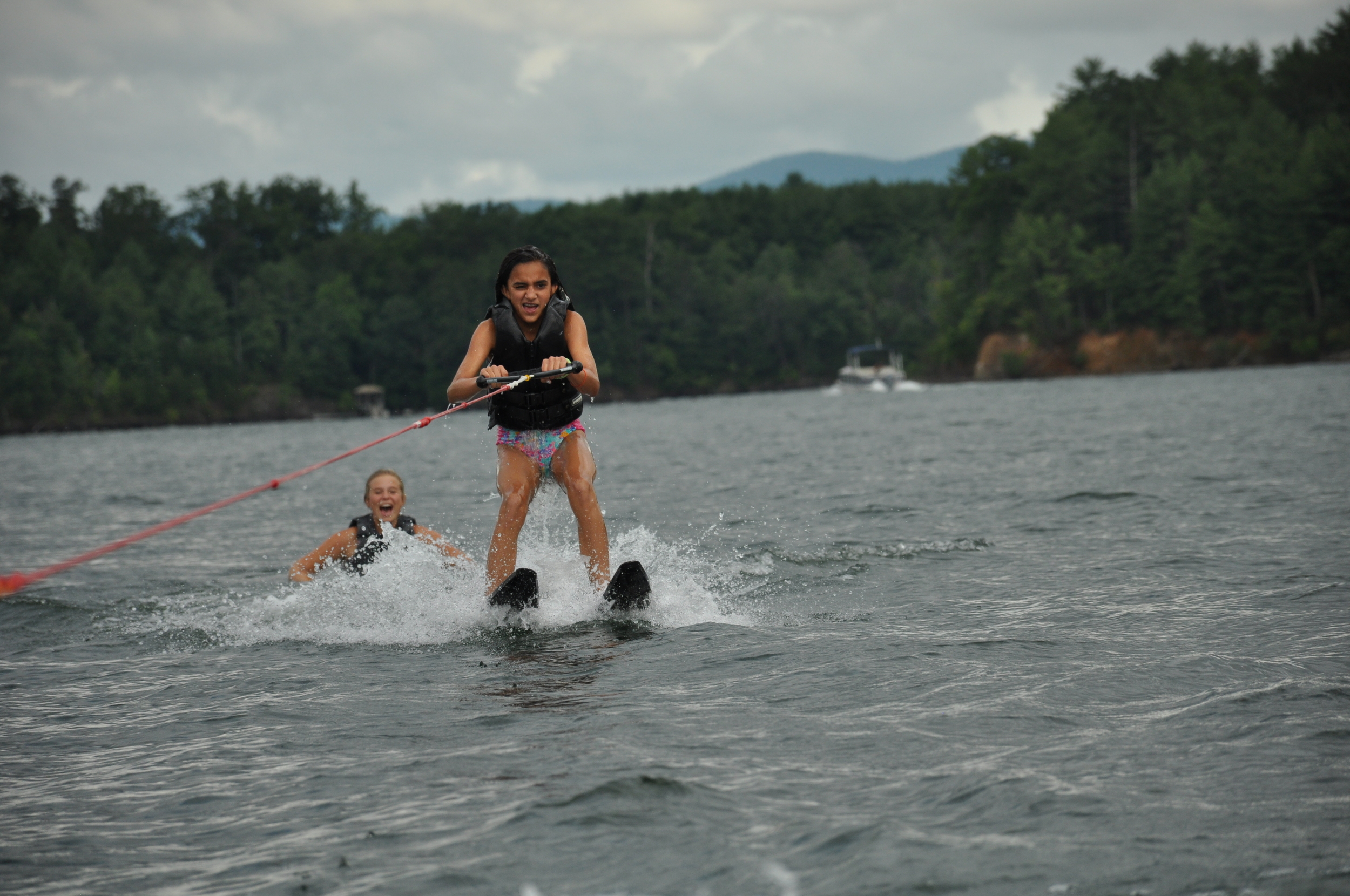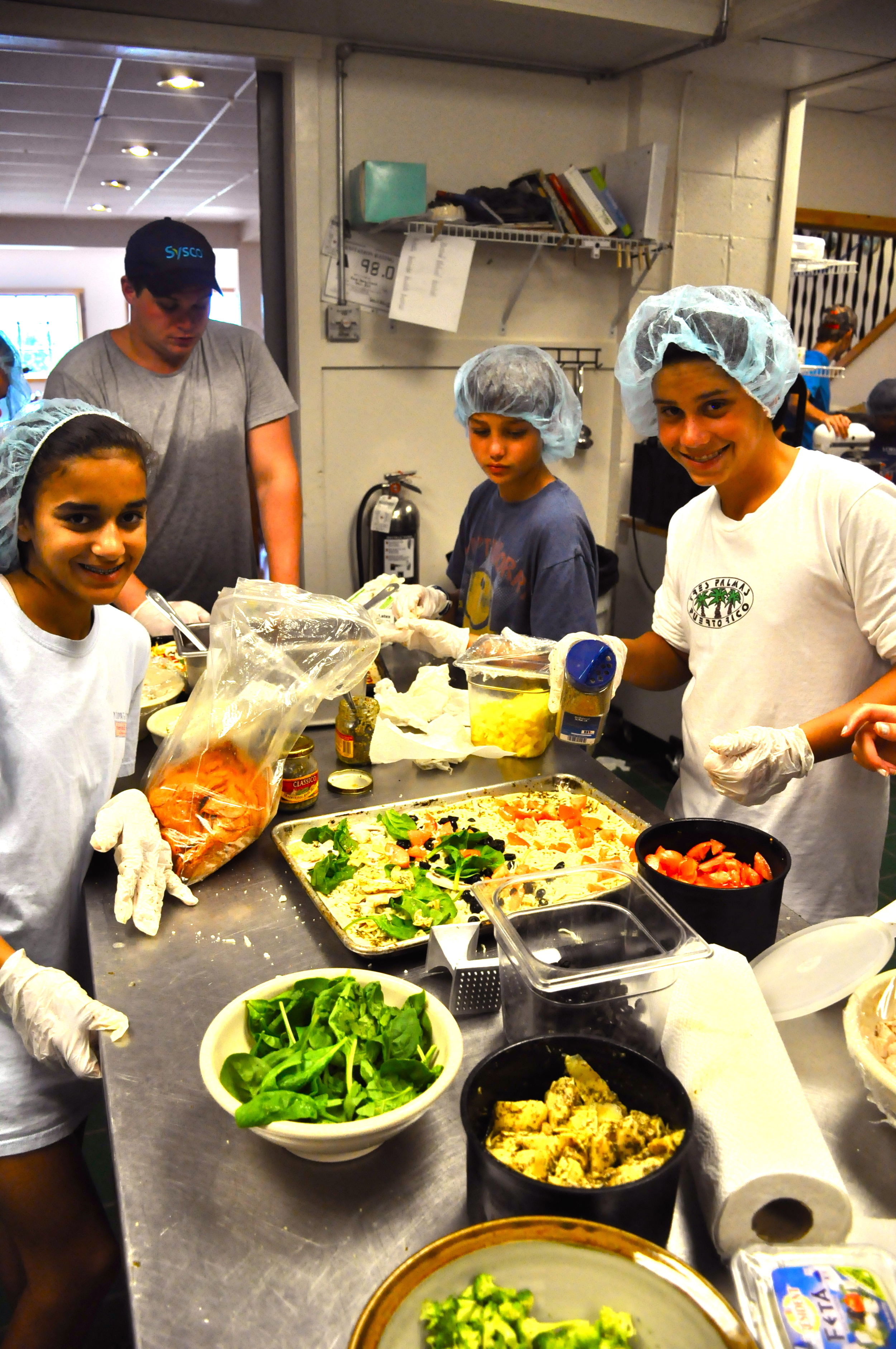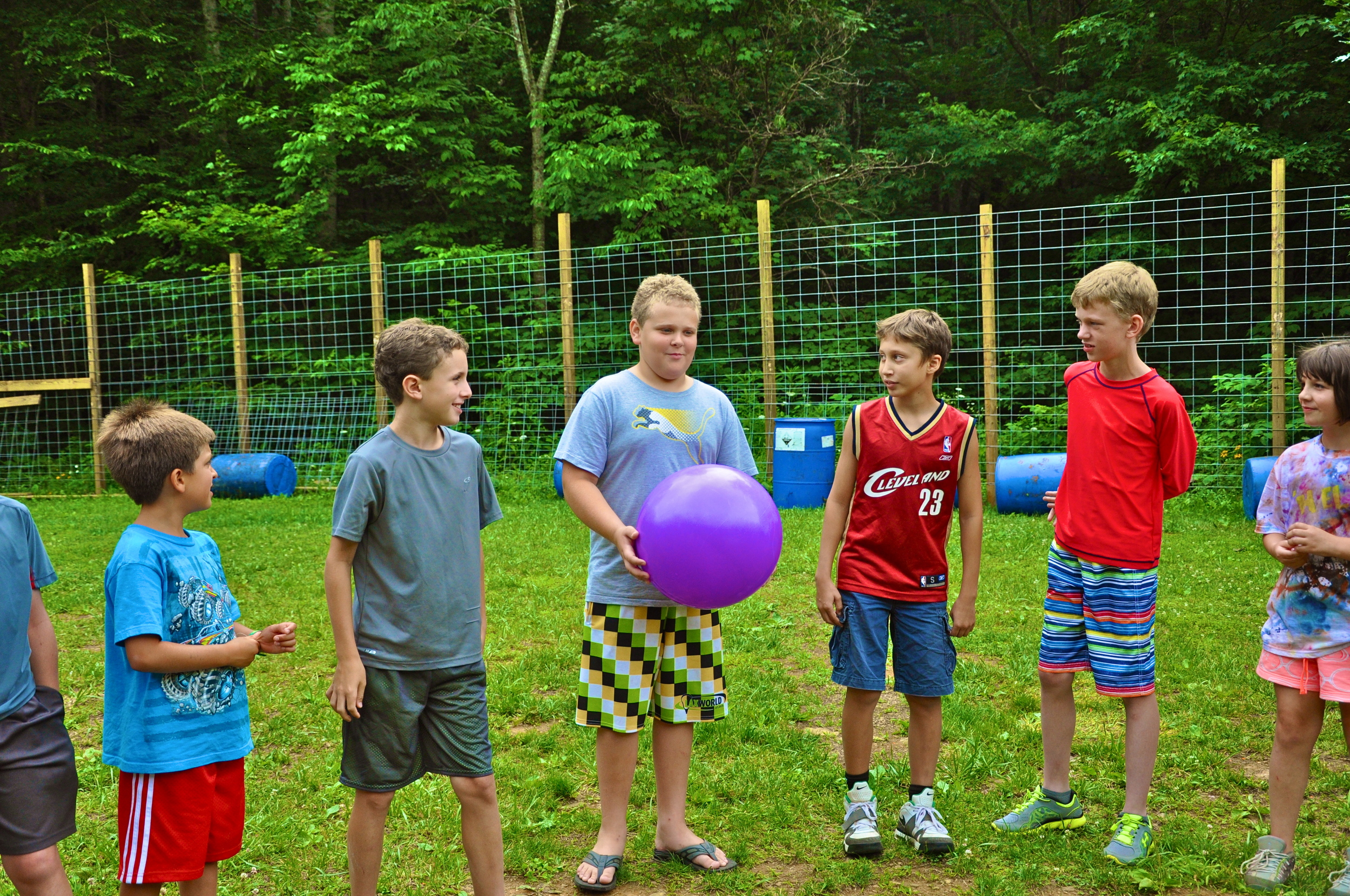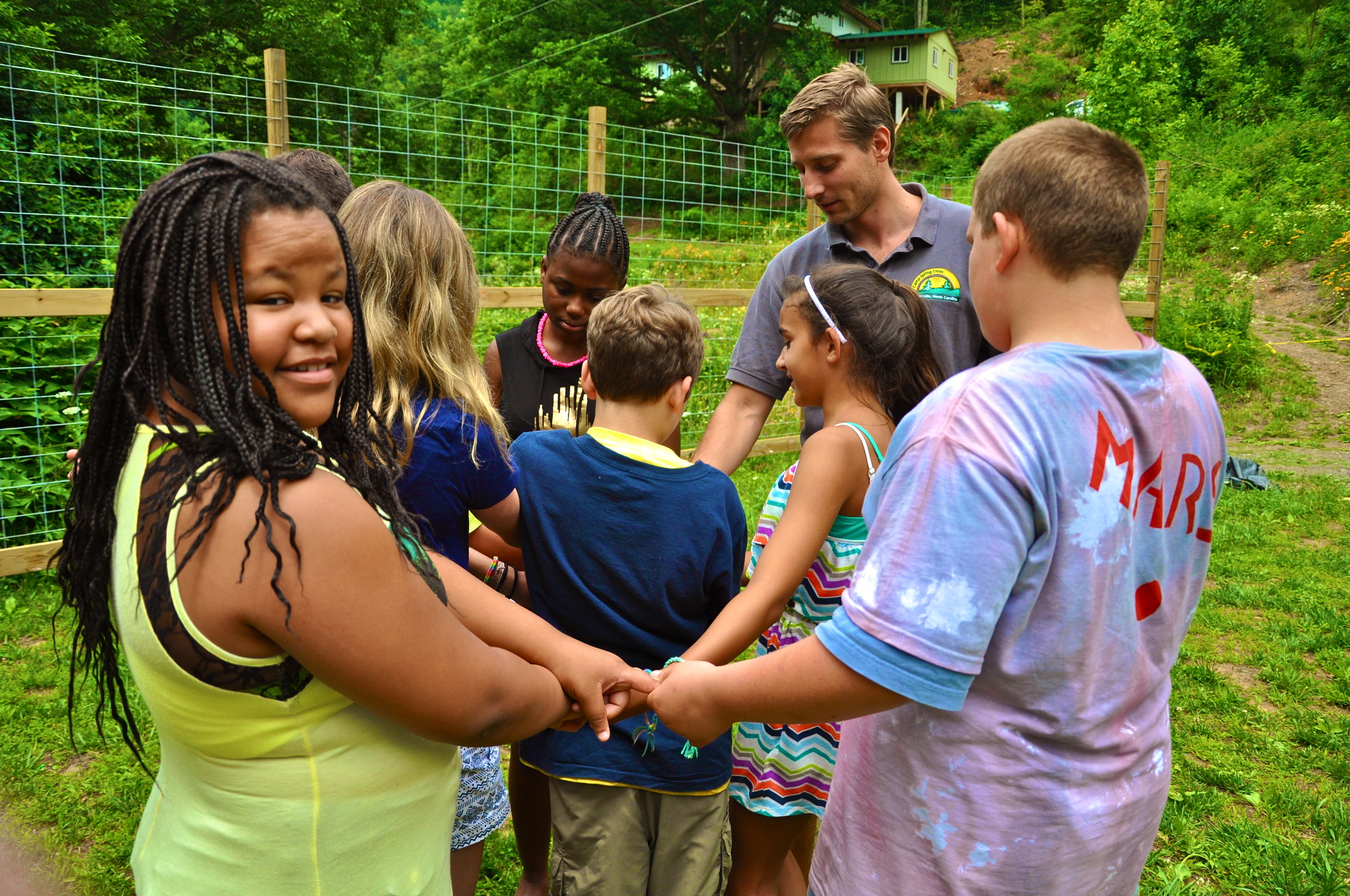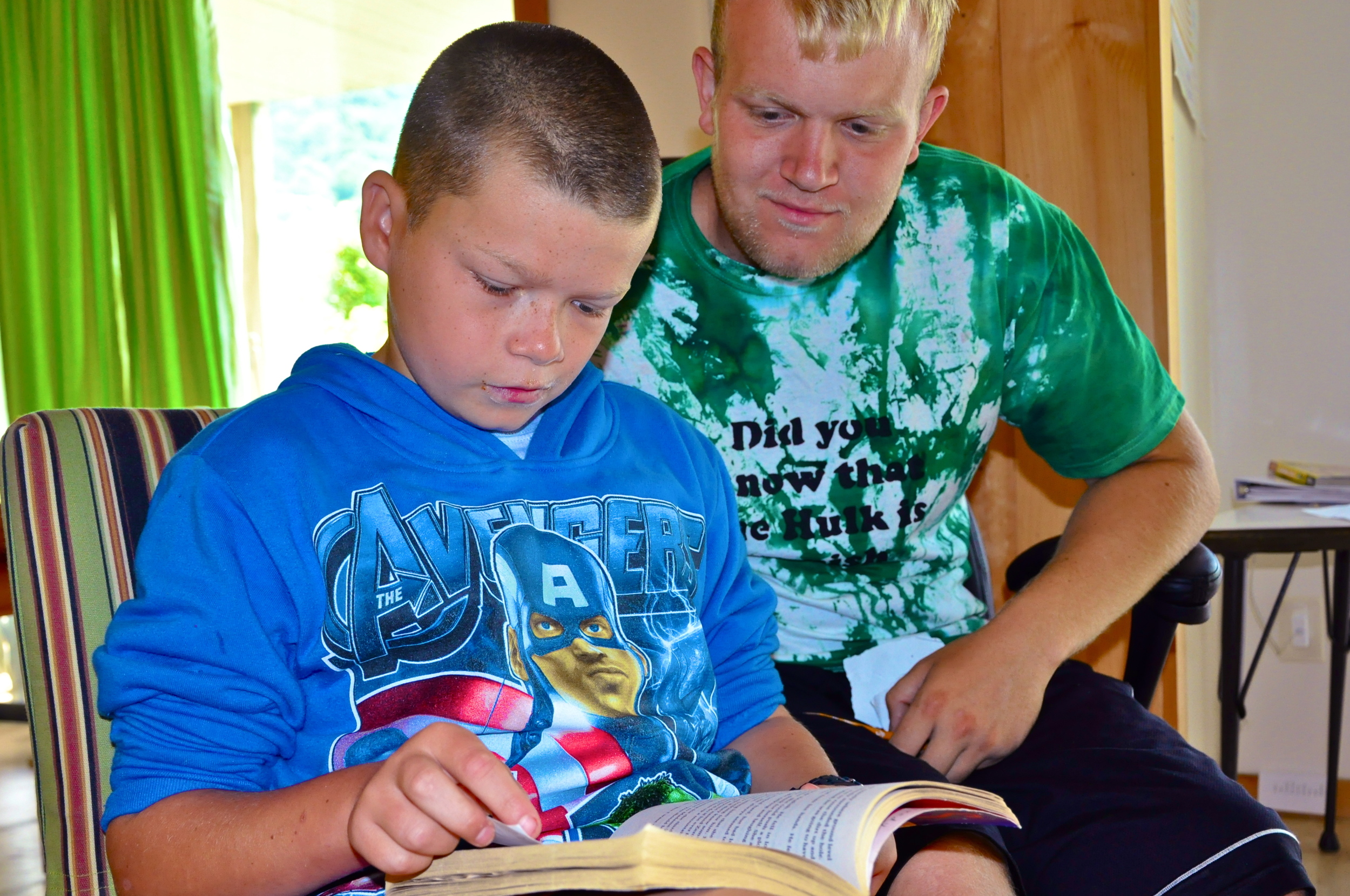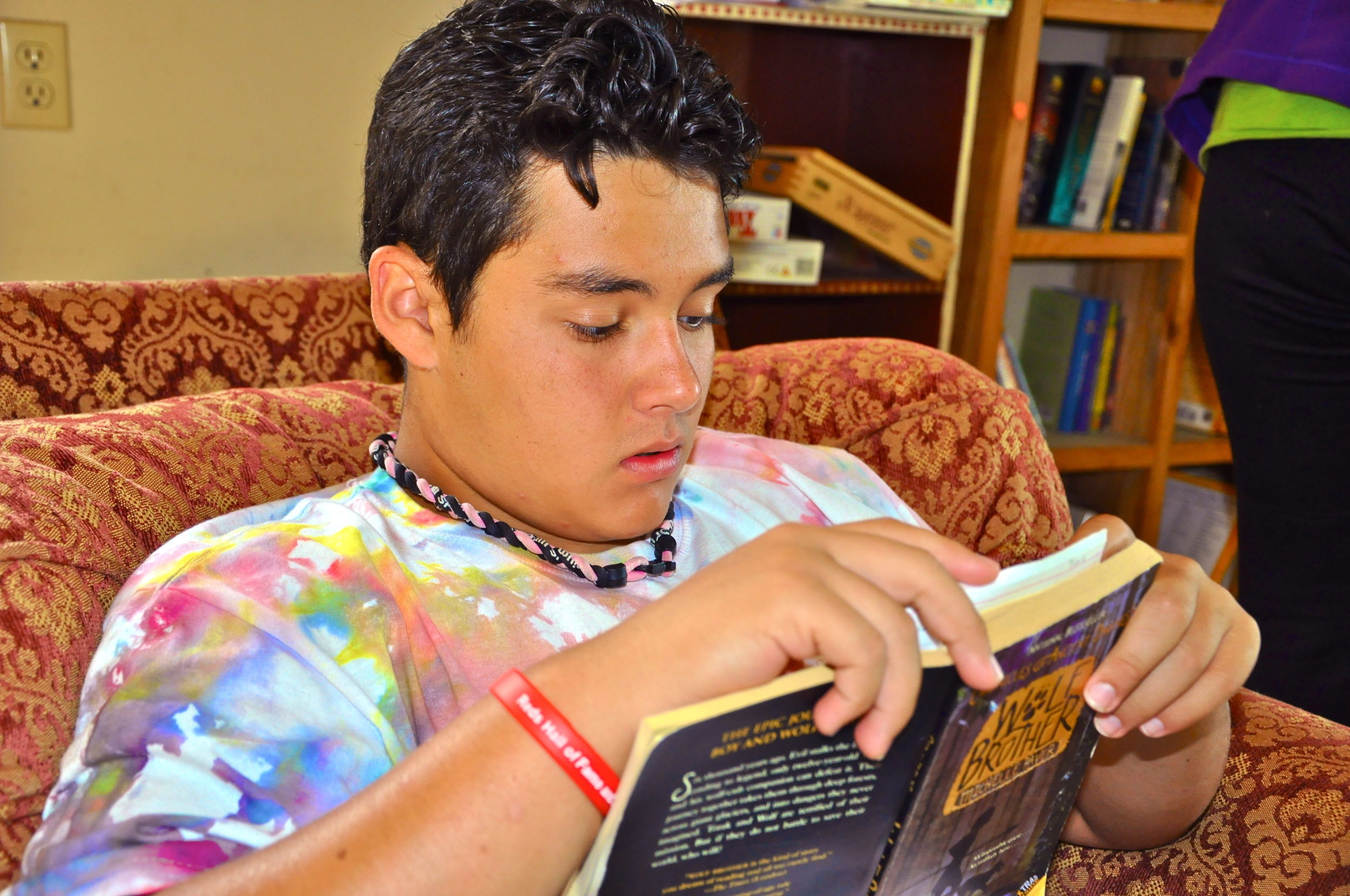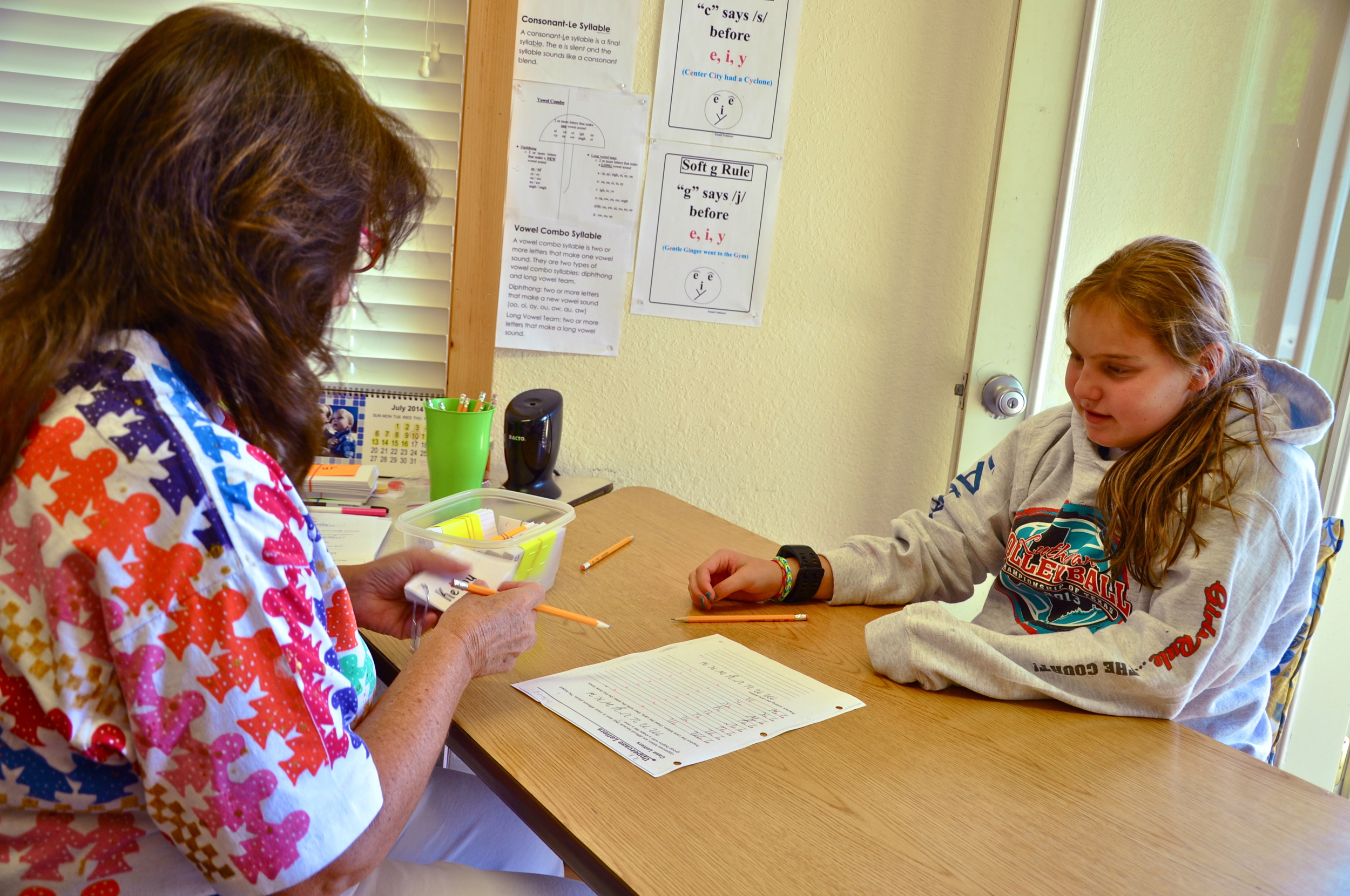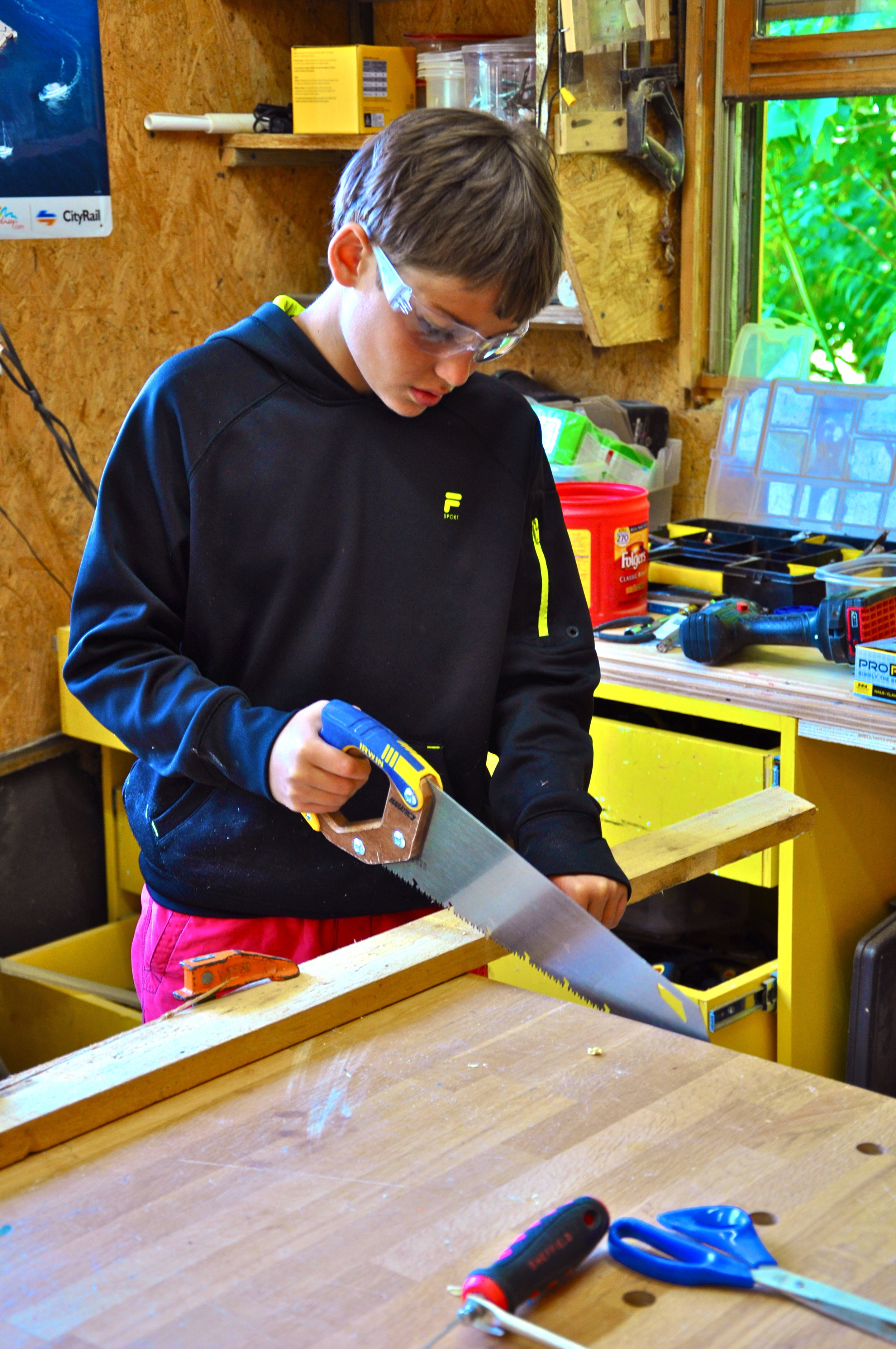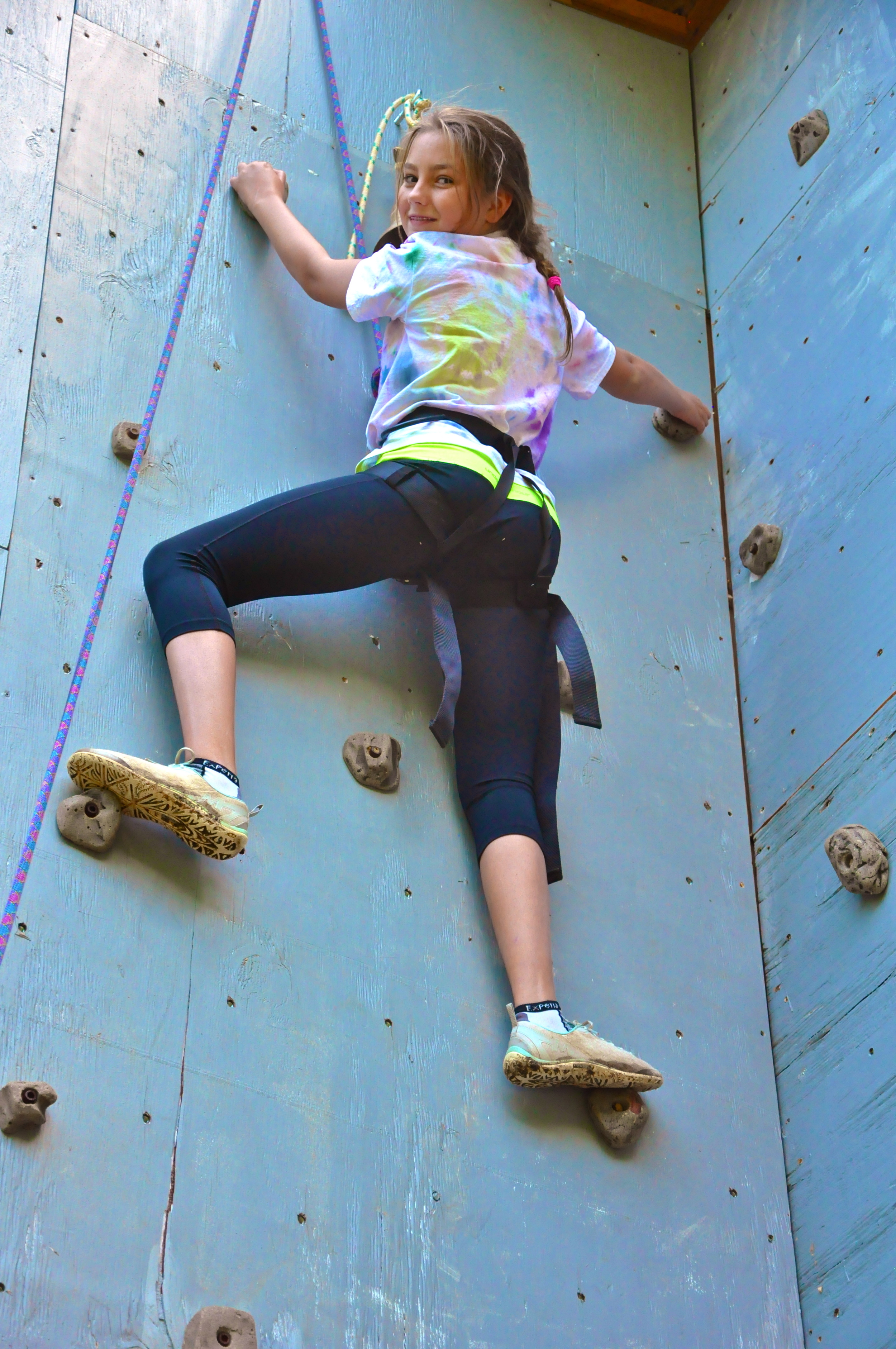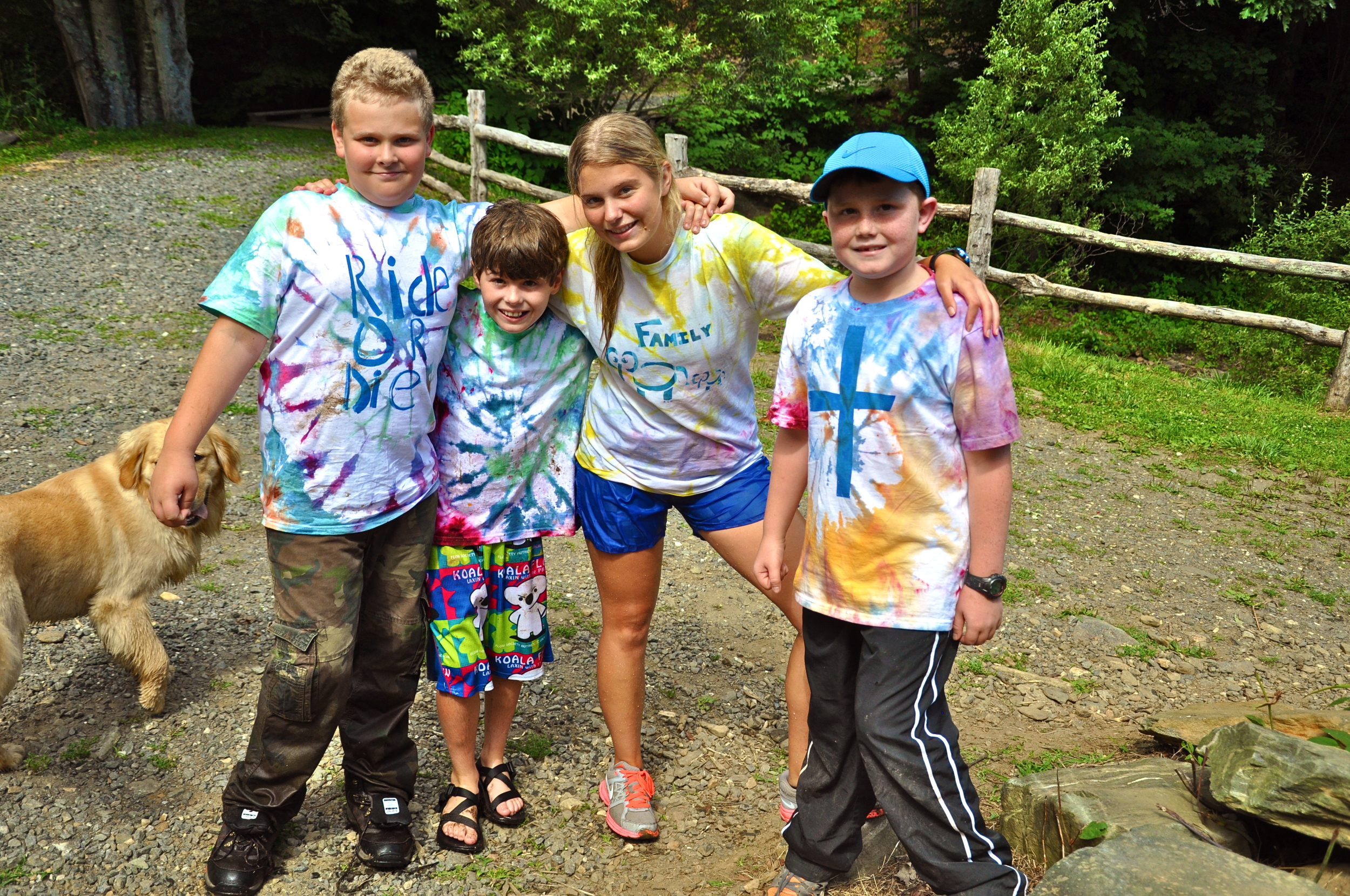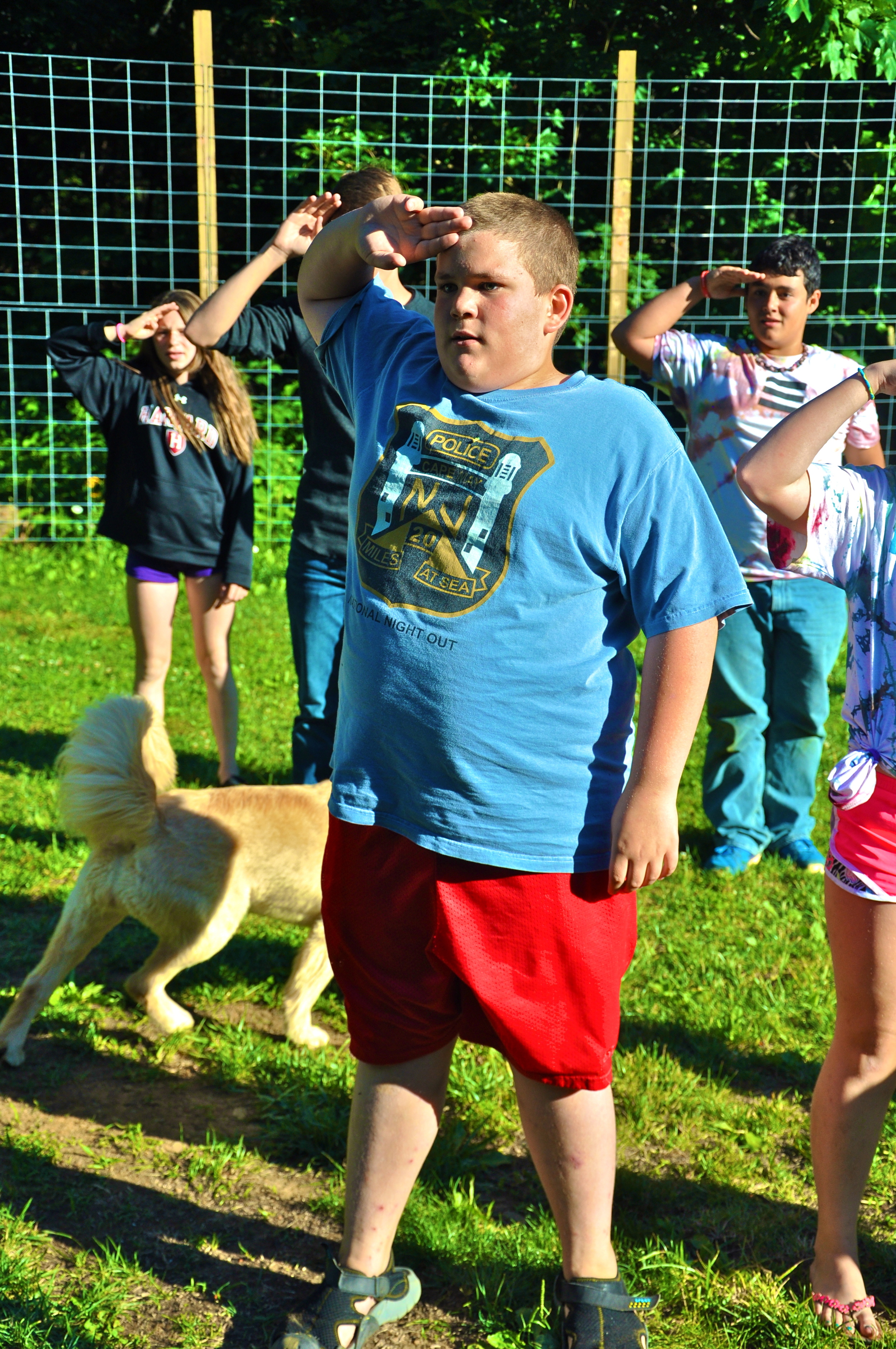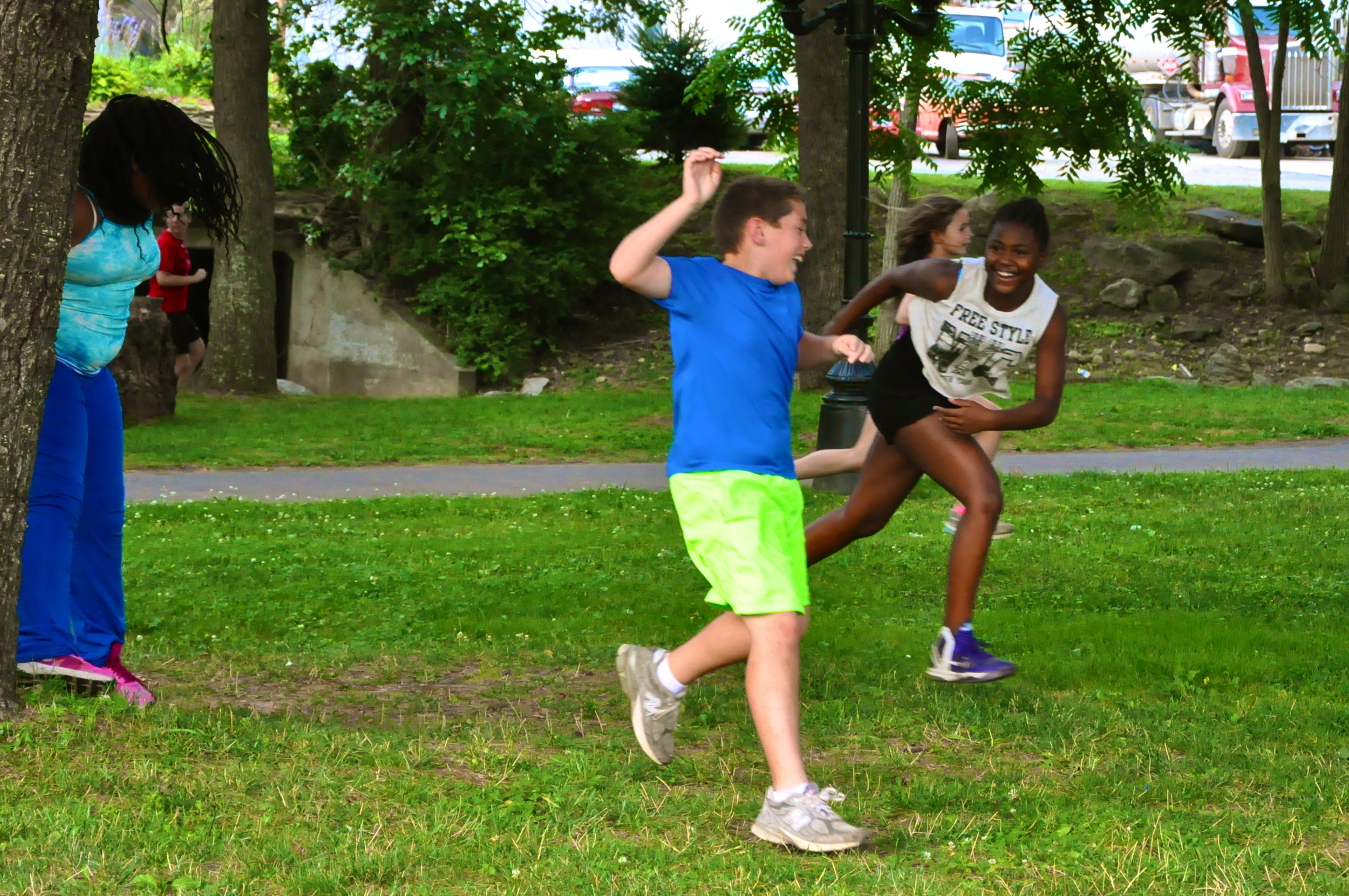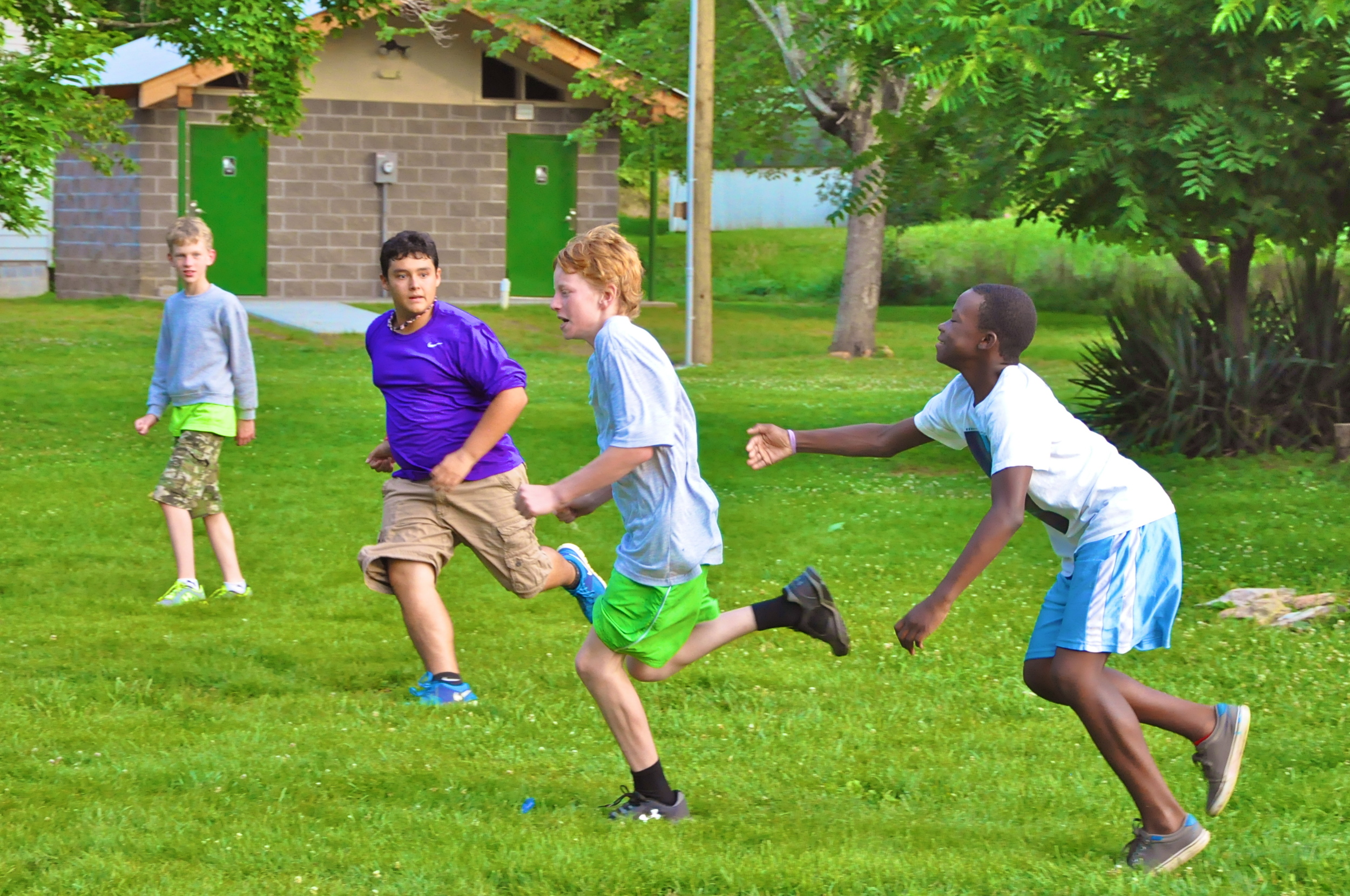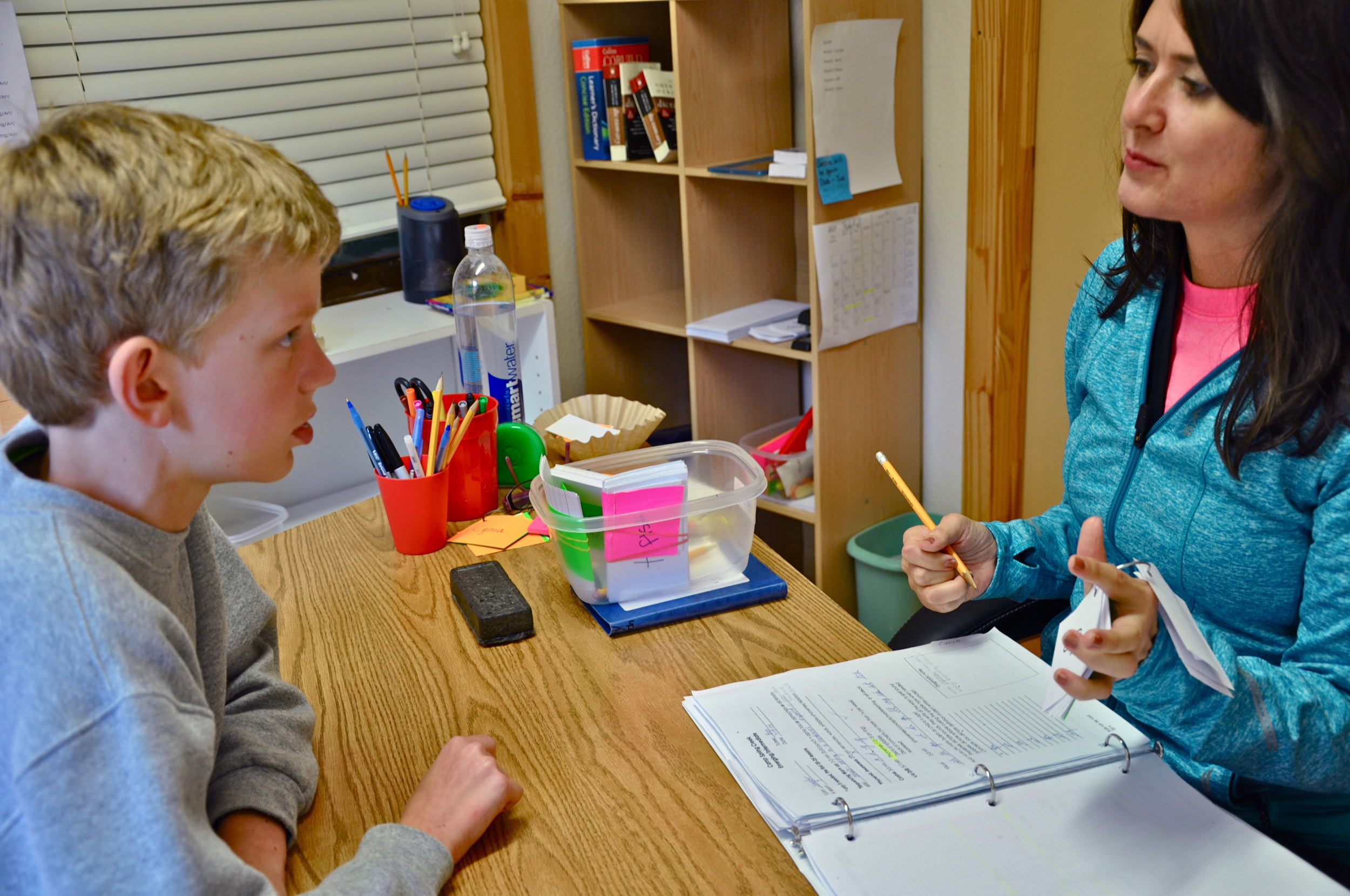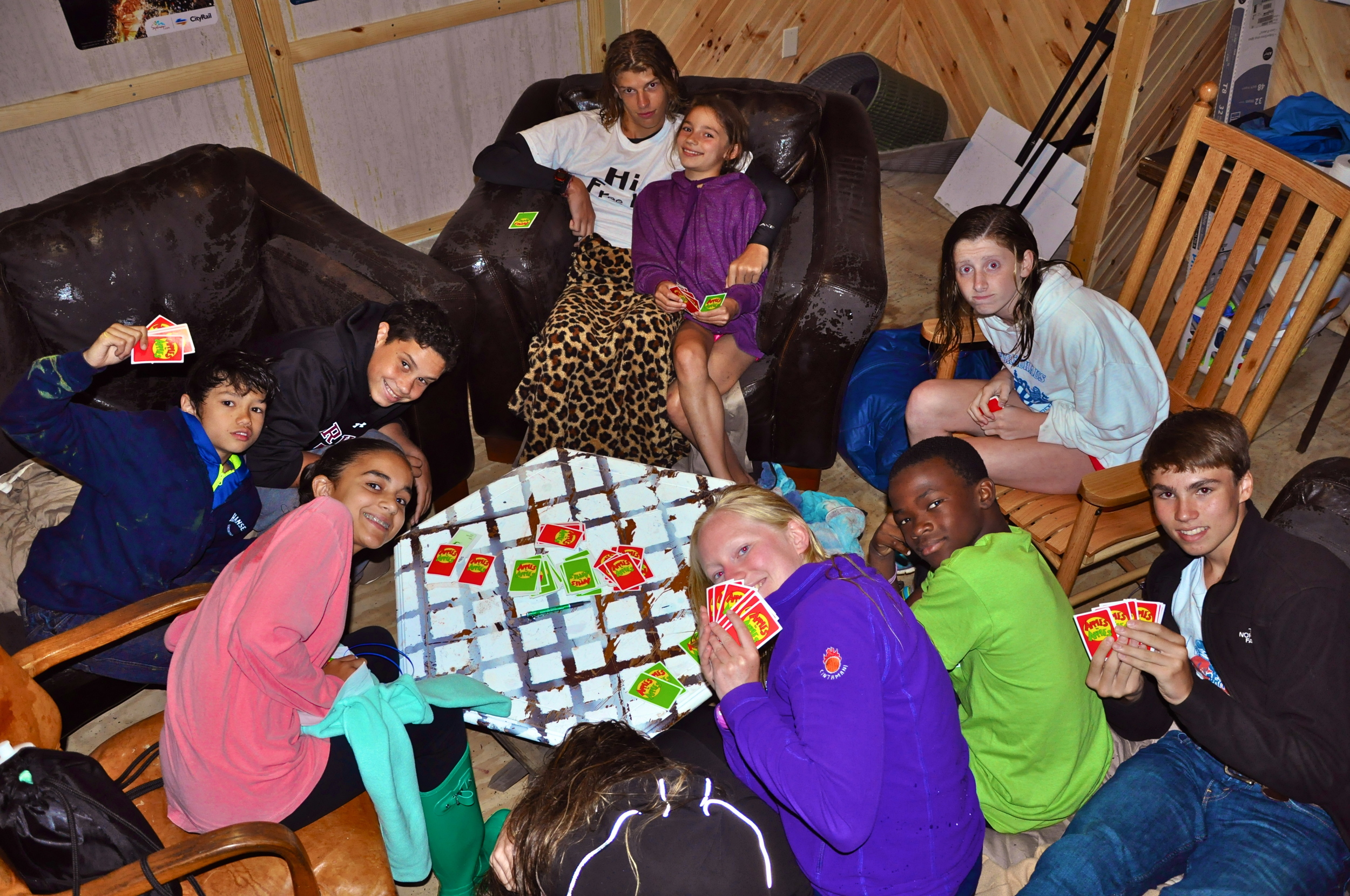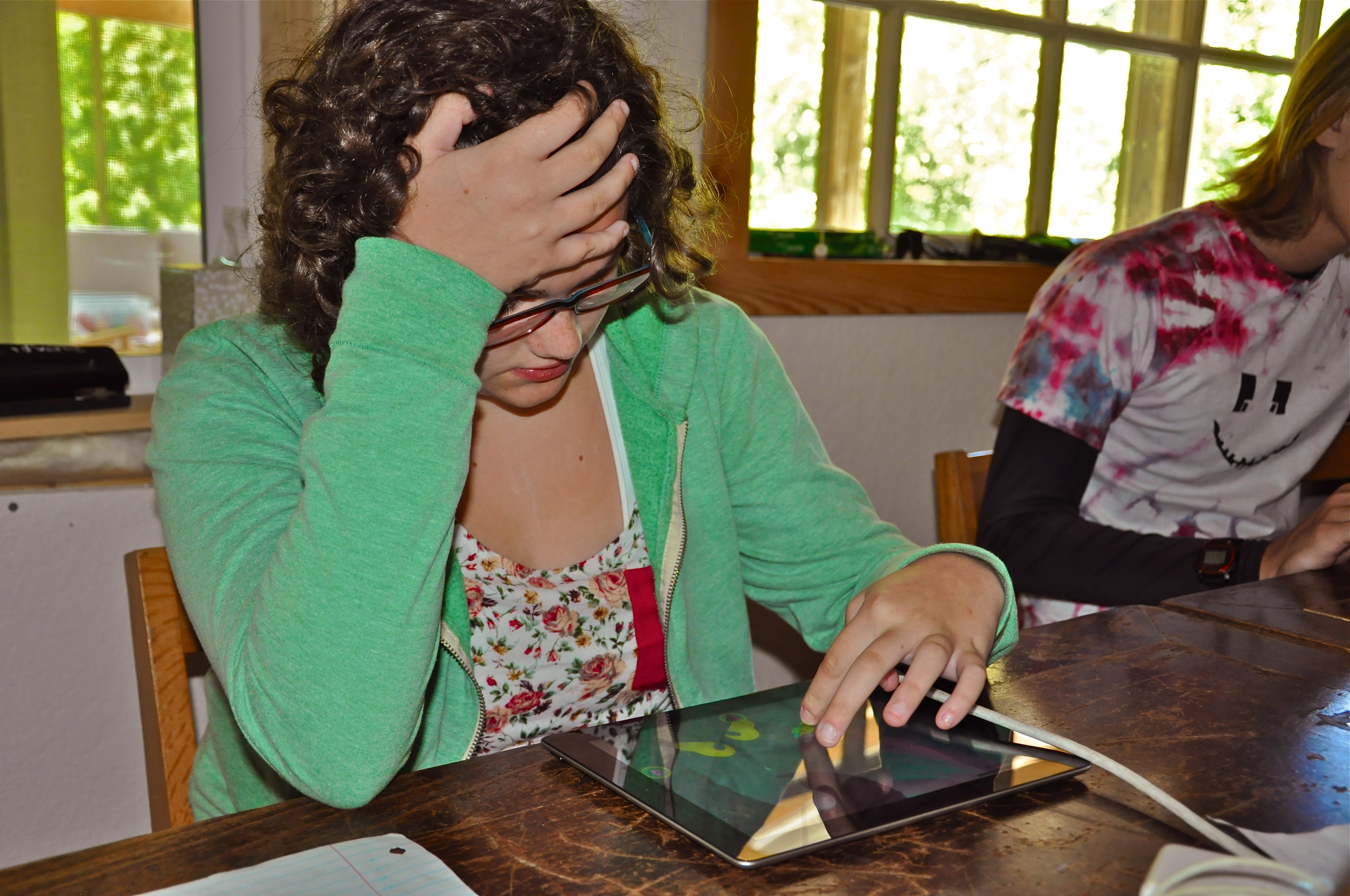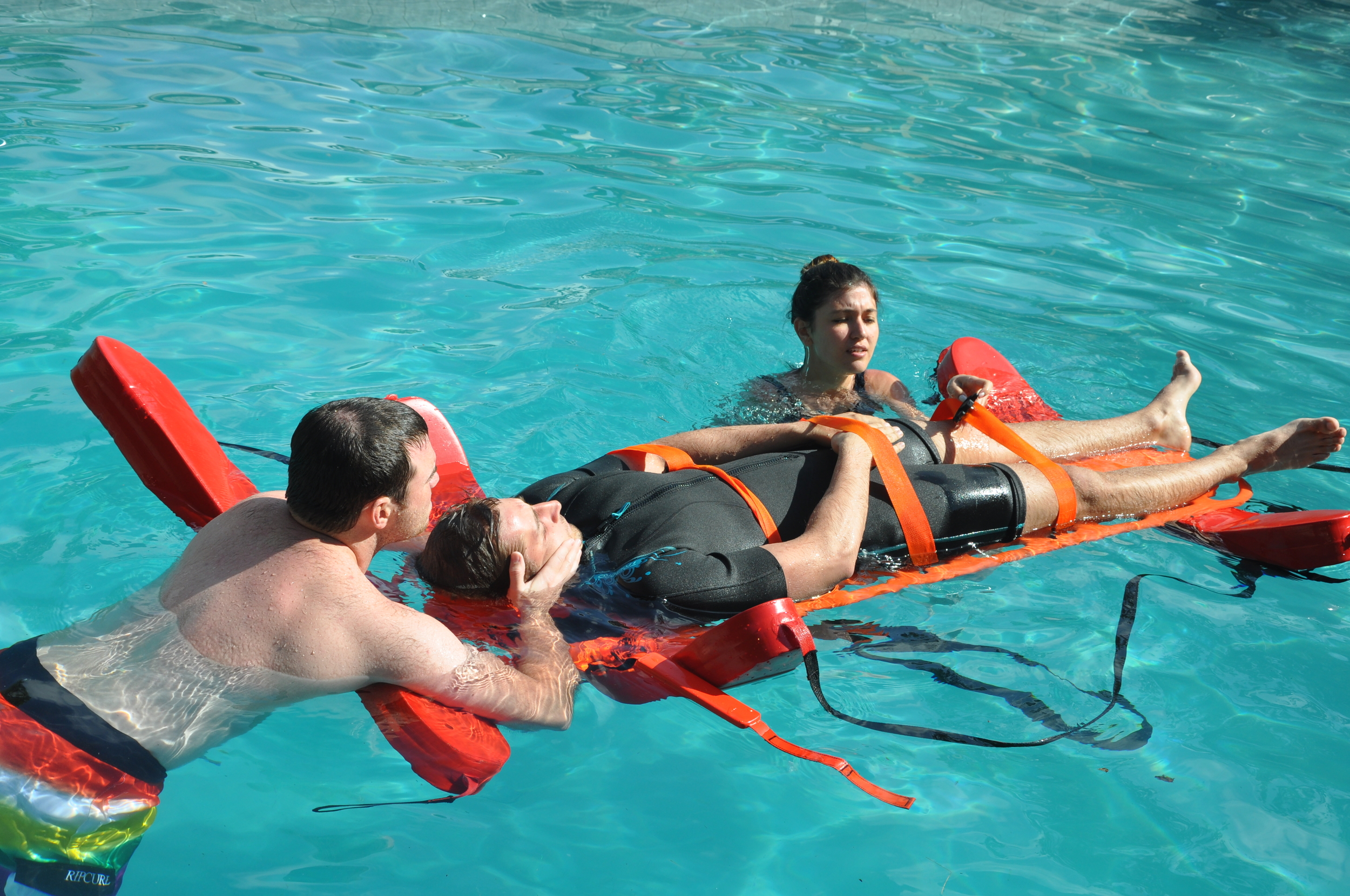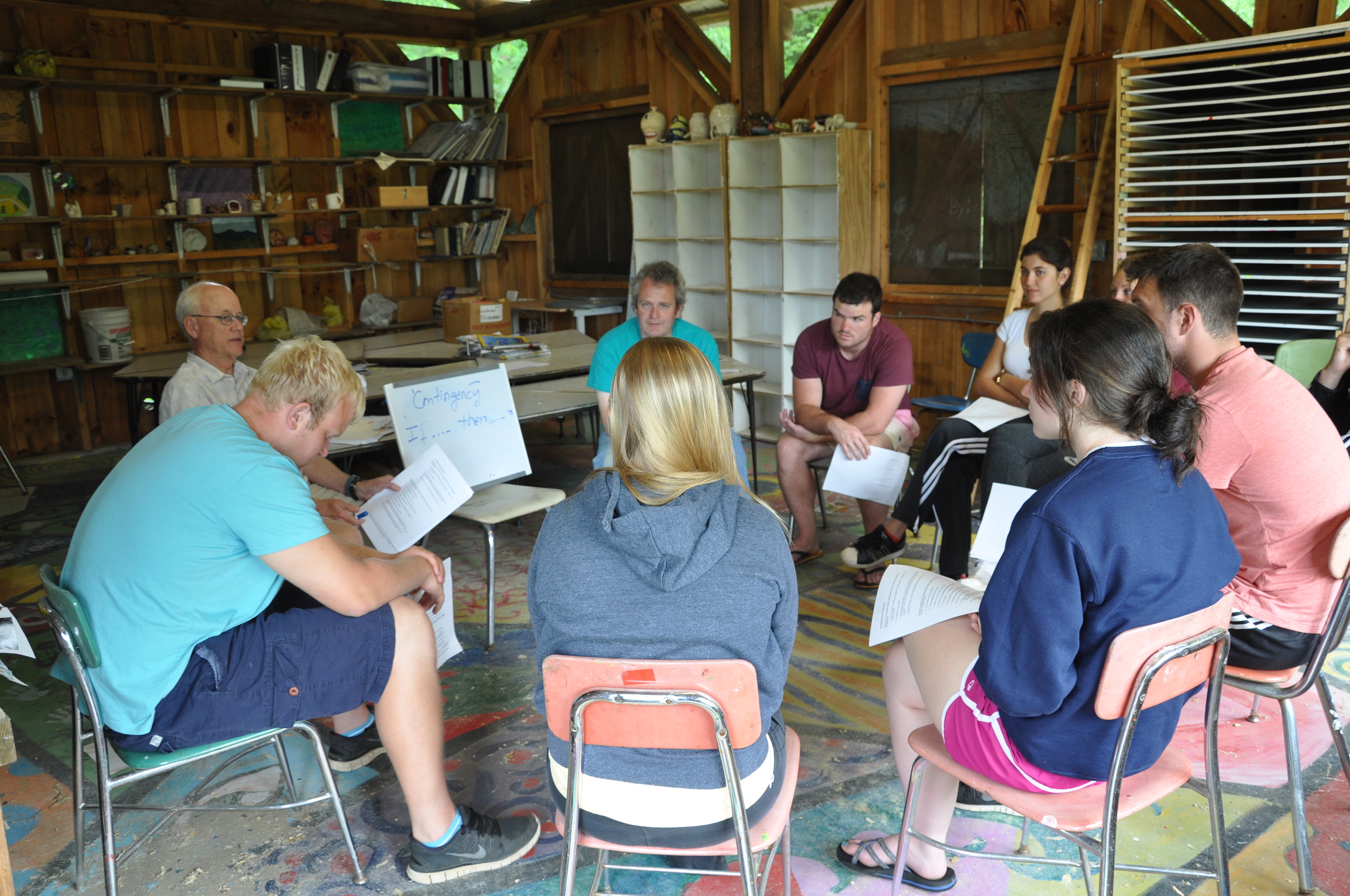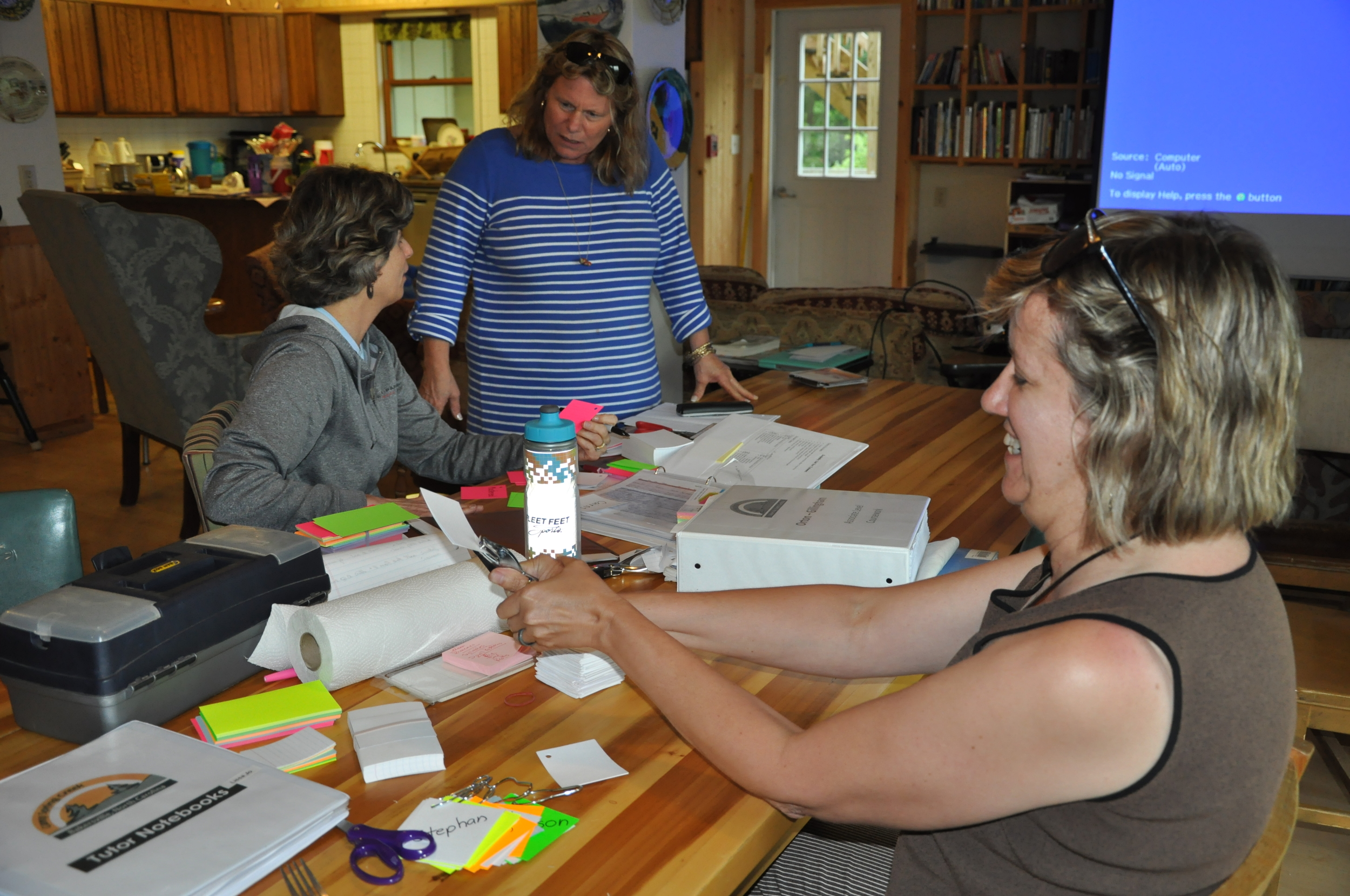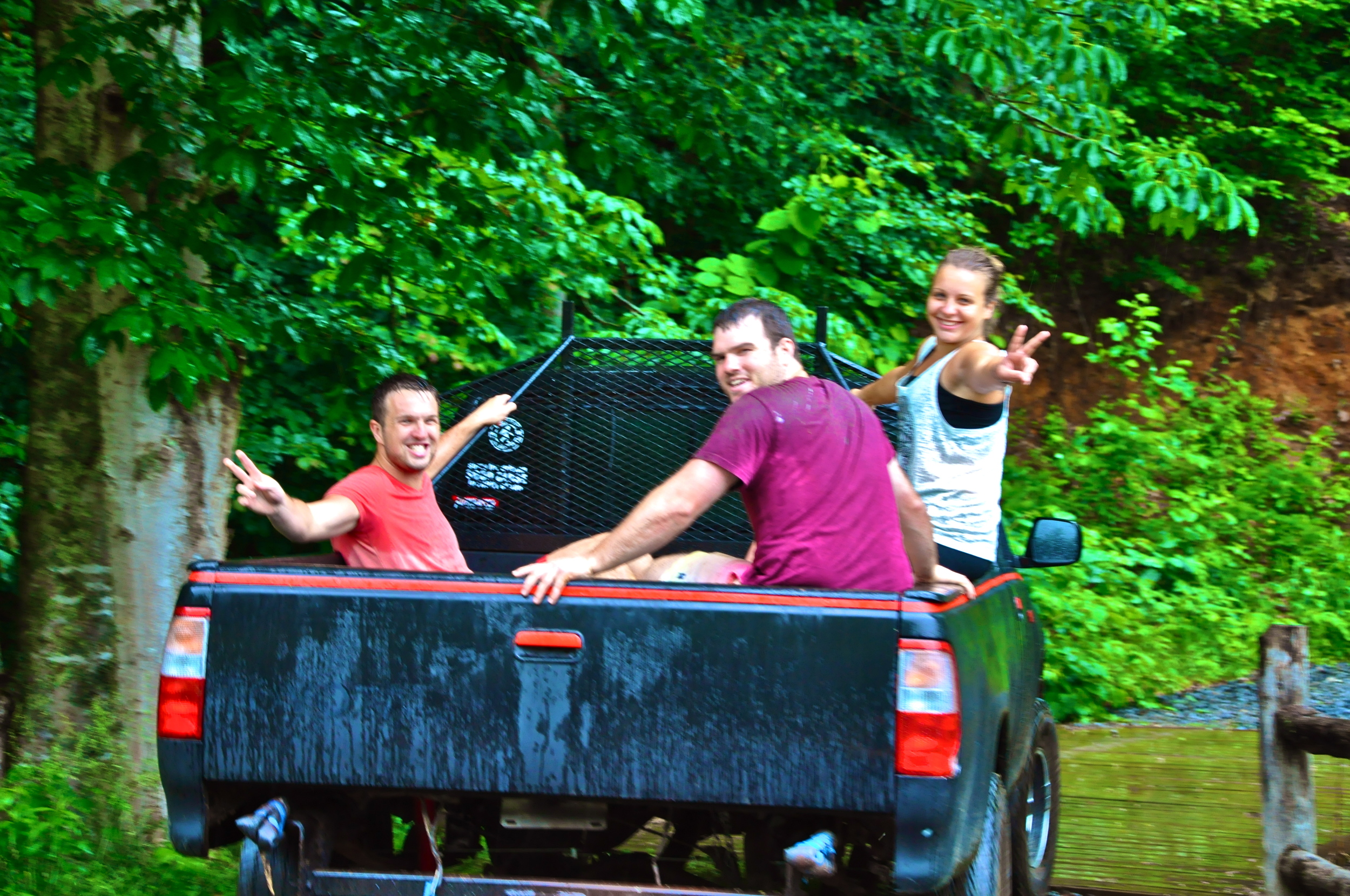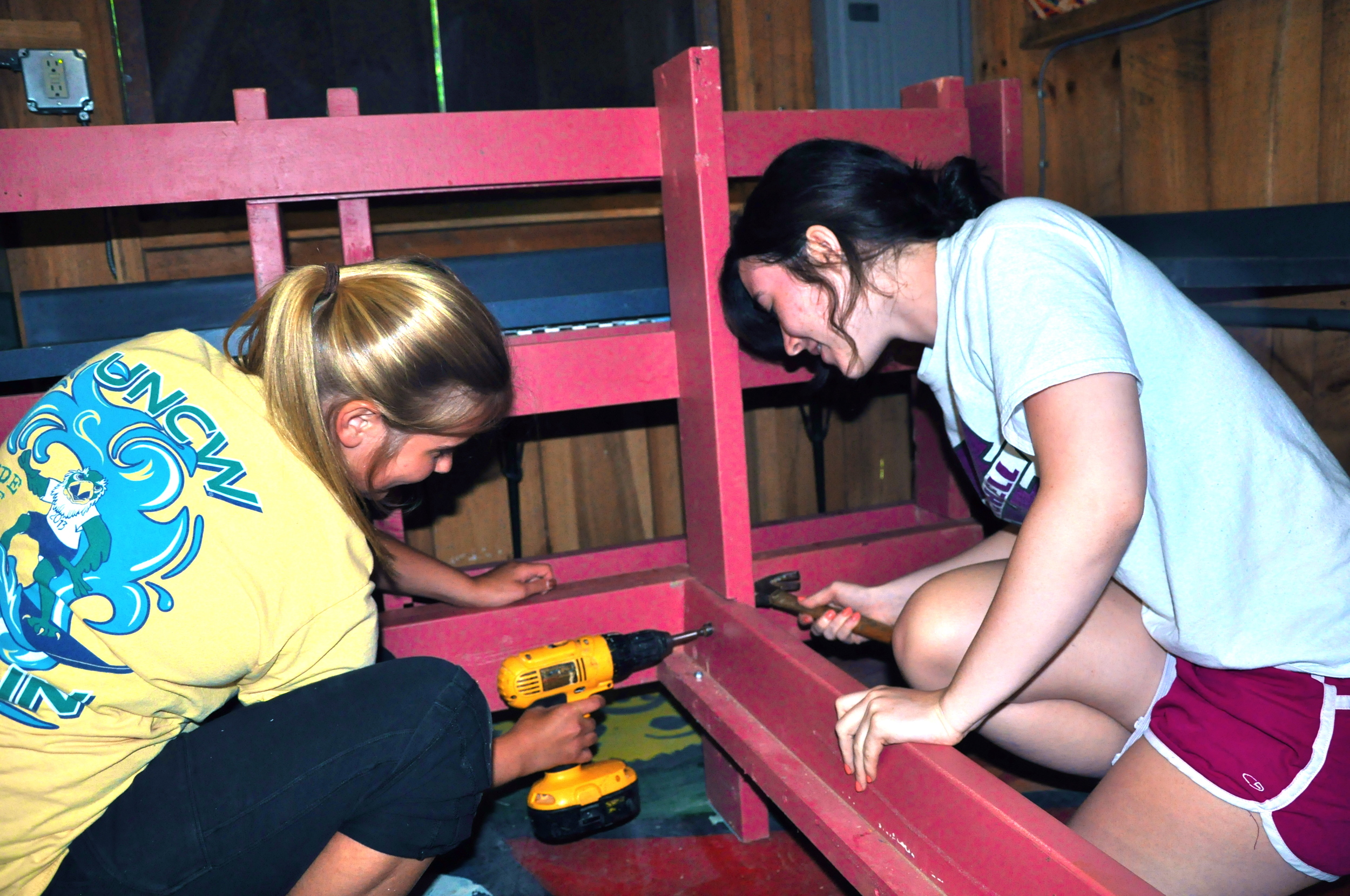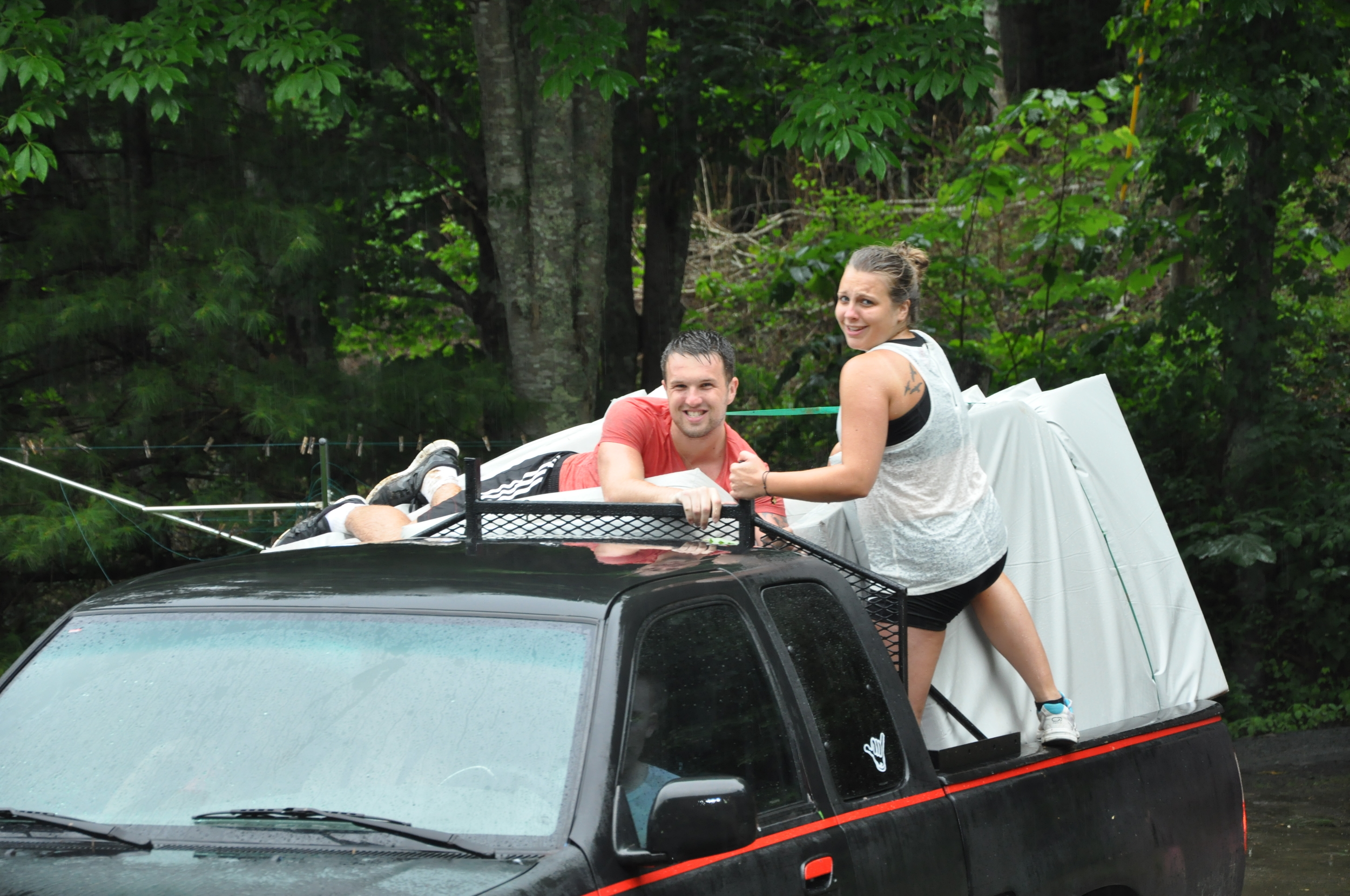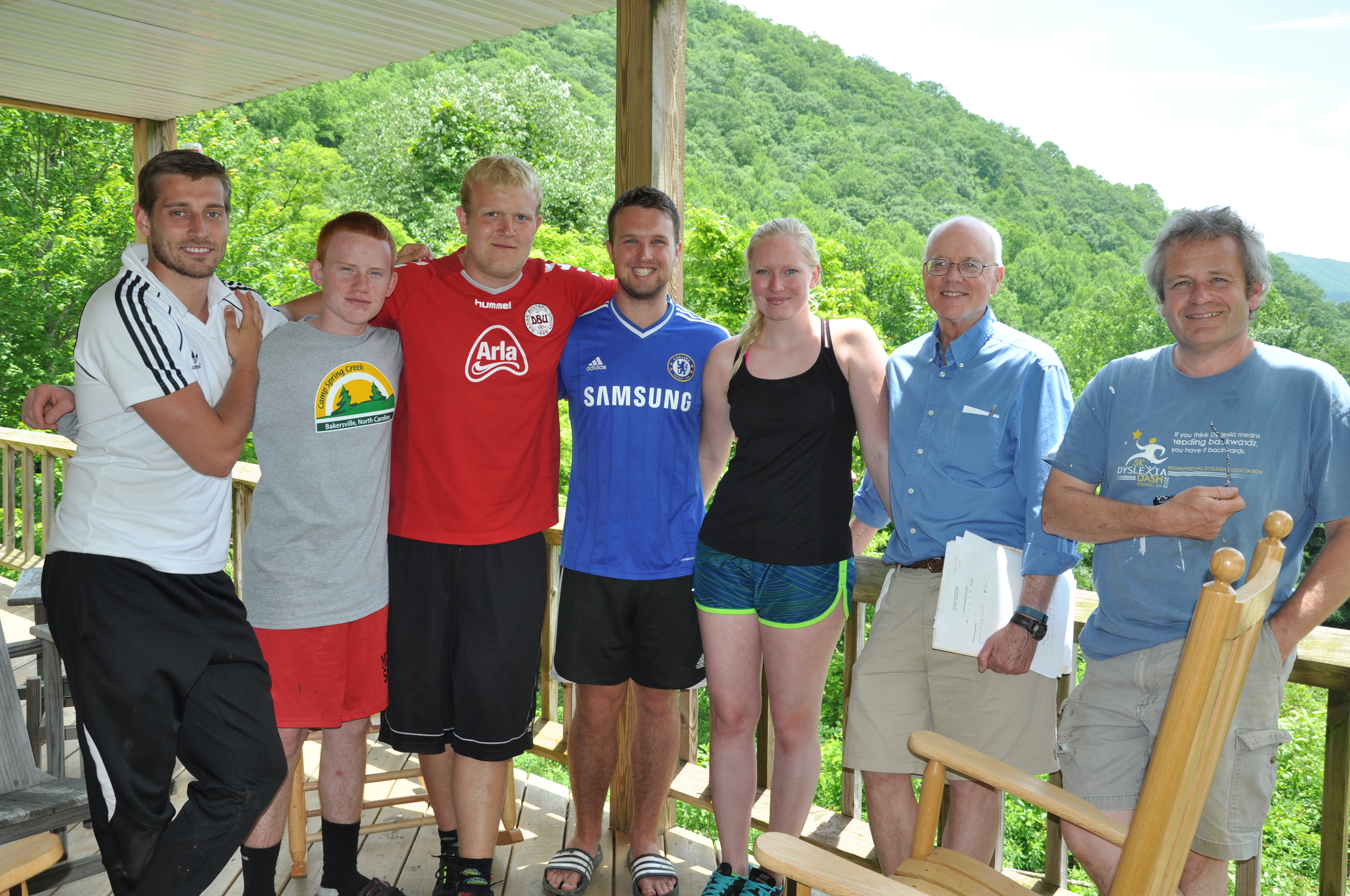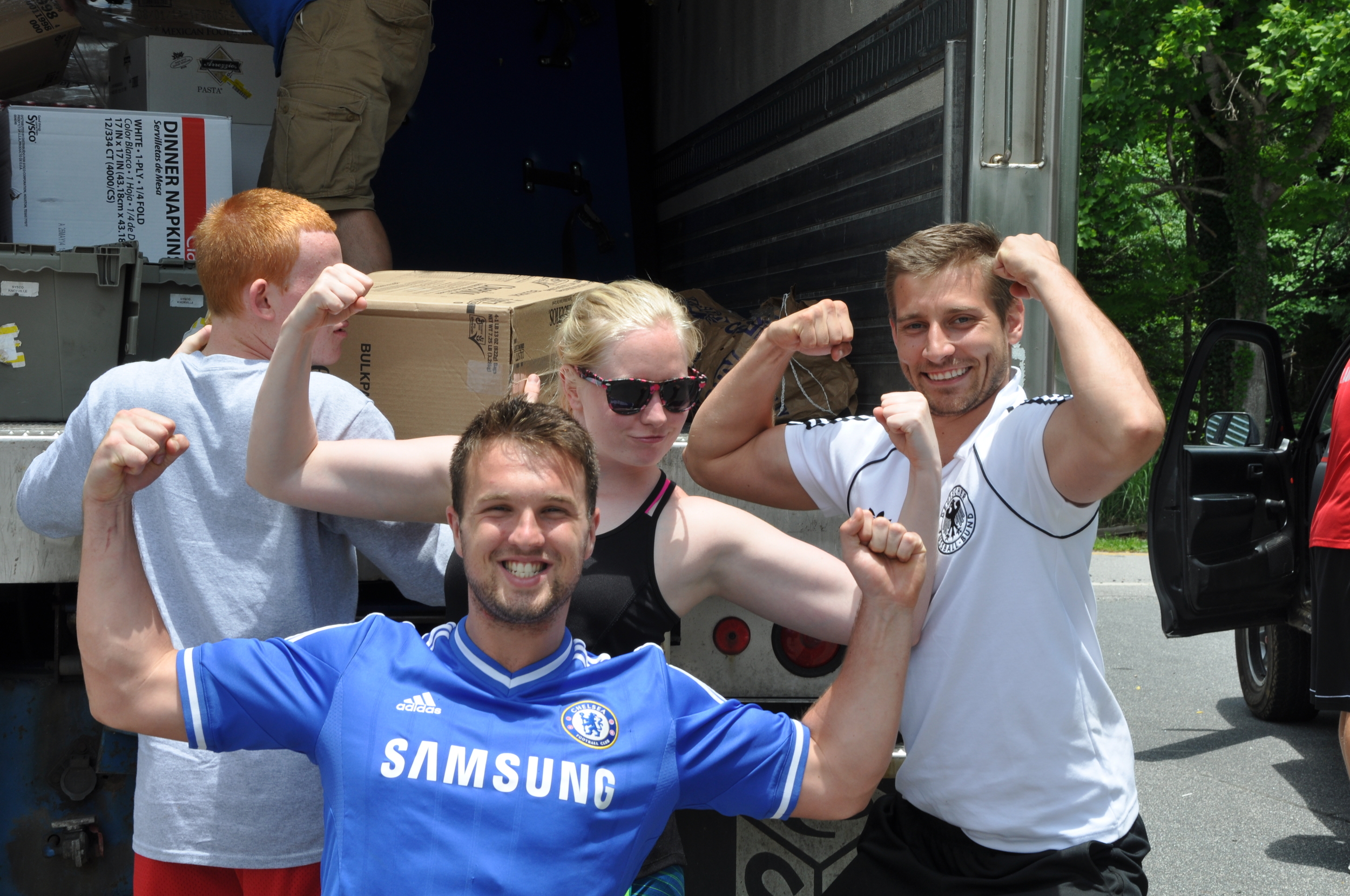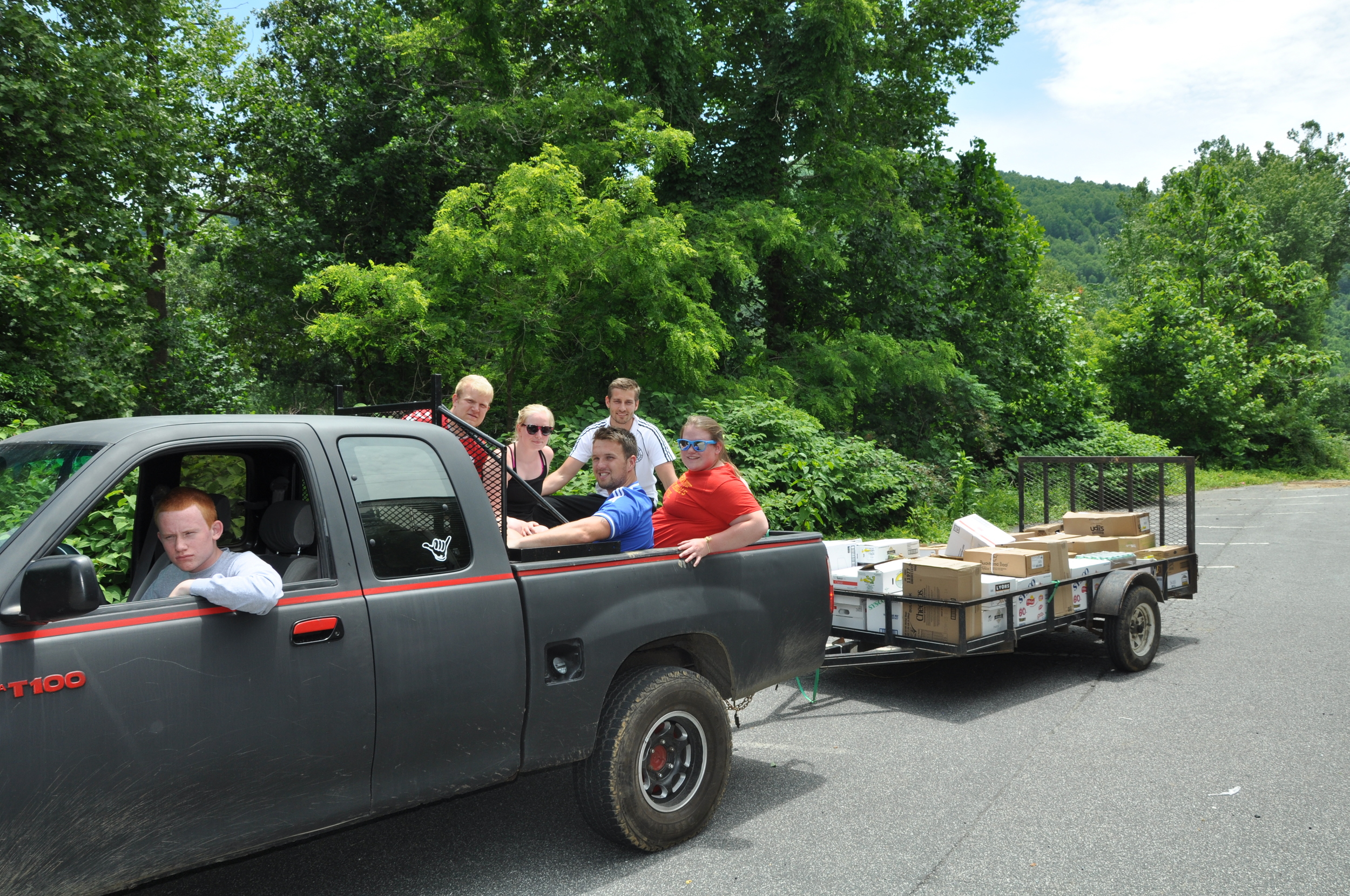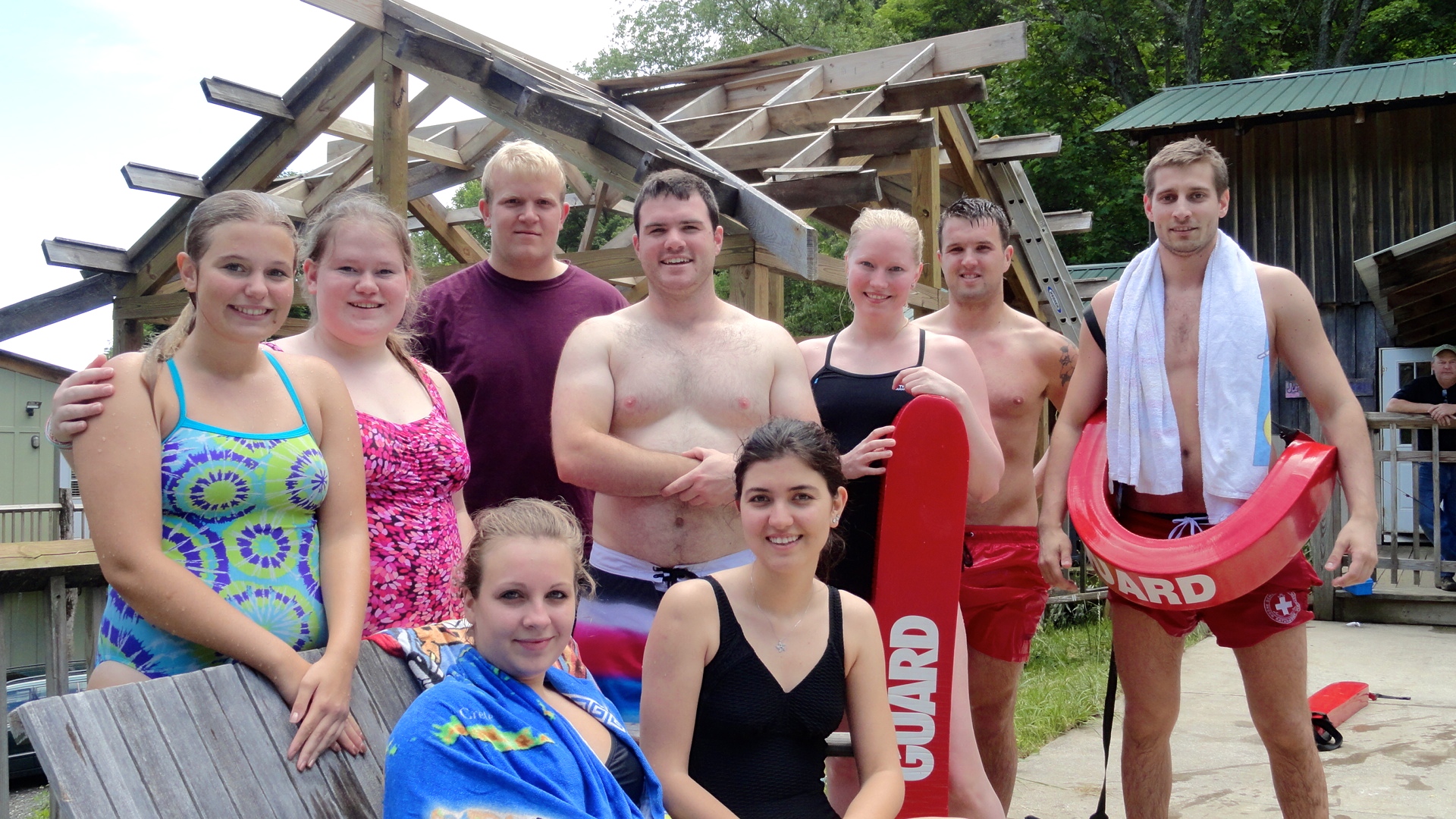Back to School Book Recs (for parents)
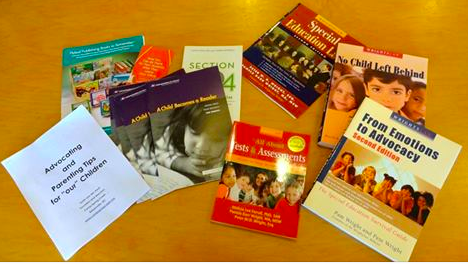 More than any other book about your rights, the rights of your child, and the roles of teachers and schools--this book, Tests & Assessments published by Wrightslaw--will get you through the ins and outs of the school year logistics. Susie recommends it highly. The founder of Wrightslaw, Pete Wright, even spent some time with us on the phone last year so that we could publish an interview with him on this blog. Learn more about his story from personal experience to Supreme Court by clicking the links. Pete's grandson also happened to go to camp this summer!
View additional book recs and research articles here.
More than any other book about your rights, the rights of your child, and the roles of teachers and schools--this book, Tests & Assessments published by Wrightslaw--will get you through the ins and outs of the school year logistics. Susie recommends it highly. The founder of Wrightslaw, Pete Wright, even spent some time with us on the phone last year so that we could publish an interview with him on this blog. Learn more about his story from personal experience to Supreme Court by clicking the links. Pete's grandson also happened to go to camp this summer!
View additional book recs and research articles here.
Week Six in Photos
Video Clips from Early Summer
In case you missed this series of "sneak peek" videos from our first half of summer,
we thought we'd share them here on the blog. We're always a week or so behind with our photos on Facebook,
because we live without Internet at camp (yay!). These videos should tide you over until next week. Enjoy!
[youtube https://www.youtube.com/watch?v=90f6S4PzSB0?list=UUTBl6_O5vTjJeQPlcoeAJaA]
View 4 more clips by clicking the "playlist" option in the upper left, or right here on our YouTube Channel.
Week Five in Photos
Video: Application (Review & Reinforce)
Continuing our series of videos on tutoring, today's clip features a short lesson on "R&R," review and reinforce. This involves application of all the concepts a student has learned, presented in random order. Watch for opportunities for visual and auditory learning. For more videos, subscribe to our YouTube channel on the right sidebar of this blog.
[youtube https://www.youtube.com/watch?v=1tnIQWrXTAs&w=640&h=360]
Week Four in Photos
Video: Tutoring for Phonograms
A quick "hello" to new readers out there who signed up for our blog this weekend after dropping off your child at Camp Spring Creek. We post every Tuesday and Thursday, with additional updates on Facebook. Summers will include a weekly photo collage or slideshow. Because we have no Internet access at camp, our weekly slideshows usually publish a few days after the week is finished. They're worth the wait, we promise! Meantime...
Last month, Susie led another Associate Level Orton-Gillingham training course and we used that opportunity to create a series of videos showing our participants in training as they practice with a "tutee" (an adult acting like a young student). Today, we'd like to share the video on phonograms with you:
[youtube https://www.youtube.com/watch?v=imLZ3I_usF8&w=640&h=360]
Week Three in Photos
More Week 2: Our Fourth of July
As we recap on last week at Camp Spring Creek, we find that the time is flying by because of all of the fun, studying, reading, playing, friend-making and good old camp activities! These good old camp activities include archery, paintball, free swim, creek walks, learning to build shelters in nature, visiting the public pool in Spruce Pine, and going to the lake Sunday morning. On Wednesday July 2, Camp Spring Creek was involved in Penland's annual parade. Camp Spring Creek decided to show-off famous people who have dyslexia. The campers and counselors made signs and face masks. Some of the famous people with dyslexia included Vince Vaughn, Leonardo da Vinci, Cher, Orlando Bloom, Jay Leno, Jim Carrey, John Lennon and Whoopi Goldberg. There was free ice cream after the parade and award ceremony. The campers did an awesome job preparing and being in the parade and they even won an award!
When it became dark, we all stayed for the fireworks show.
Fortunately, those were not the only fireworks we witnessed. On the Fourth of July, Camp Spring Creek went to Bakersville for the Independence Day event. There, we played on the playground, listened to a live band and, once it became dark, watched more fireworks! We're having a bit of trouble getting pics from camp into town, where there is Internet, so please stay tuned and thanks for your patience!
Jen on Summer Slide
 Today, we'd like to continue our discussion on summer slide. In addition to advice from Susie, we spoke with Jen Ramming, Director of OpenDoors of Asheville whom we partner with for trainings and scholarships. Jen had this to say about summer slide:
Today, we'd like to continue our discussion on summer slide. In addition to advice from Susie, we spoke with Jen Ramming, Director of OpenDoors of Asheville whom we partner with for trainings and scholarships. Jen had this to say about summer slide:
OpenDoors of Asheville works primarily with students from multigenerational poverty, but our support families and their children also struggle to avoid summer slide. Many parents, regardless of their tax bracket, have to work during summer while school is out, so they search for high quality enrichment programs that make the students' summer fun and memorable, while helping them use their hard-earned skills from the previous year and not fall behind.
Unfortunately, summer achievement loss is particularly evident in reading ability. While many students show some loss in reading skills over the summer months, low-income students, who often do not have access to books in the home, experience an average loss in reading achievement that outpaces their time spent out of school (Cooper, 1996). This is especially critical for rising third graders, as their window for learning to read proficiently is quickly closing. We find one antidote to this slide is for parents and mentors to find quiet time to read to children or listen to books on smart phones and other mobile devices.
We also find it imperative to provide camp opportunities where healthy peer relationships can flourish and academics are quietly woven into the day in a way that helps struggling learners find new reference points for their knowledge.
Most students also lose about two months of grade level equivalency in mathematical computation skills over the summer months, but more than half of the reading and math achievement gap between lower- and higher-income youth can be explained by unequal access to summer learning opportunities. As a result, low-income youth are less likely to graduate from high school or enter college (Alexander, et al, 2007). OpenDoors endeavors to find summer camps and enrichment activities for every child in order to allow kids to bloom all summer long, and come back to school in the fall ahead of where they left off.
Doesn't this continued investment in children, year round, make sense to all of us?
Week Two in Photos
Week One in Photos
It has been a jam-packed, fun-filled first week here at Camp Spring Creek. The campers have all settled in just fine and there have only been a few mild-cases of homesickness. So far, the activities during this last week included: free swim, kickball, volleyball, capture the flag, creek hikes, dodgeball, water polo and a balloon scavenger hunt. On Friday night, there was a big campfire and we made s'mores. Saturday, we hiked in the Lost Cove (Wilson's Creek). The campers had a great time swimming in the creek and hiking. Sunday, we are going tubing on the river.
When the campers are not doing fun activities, they are busy working with their tutors. The Trail of Pages, the total amount of pages read by campers during the morning reading hour, this week has a total (all campers) of 2,937 pages read. Check below for the whole chart!
It has only been the first week and there have already been some great experiences! 


Check back for more updates!
Interview: The Esteemed Diana Hanbury King
 Eager for camp photos? Check out our Facebook page while you stay tuned for Week One in Photos coming this Tuesday.
Eager for camp photos? Check out our Facebook page while you stay tuned for Week One in Photos coming this Tuesday.
Today's inspiring individual is Diana King, one of the topmost influential Orton Gillingham practitioners in history, friend and mentor to the van der Vorsts, and all-around lifetime inspiration. In the course of her 54 years as a teacher, she has transformed the lives of countless young people with dyslexia by giving them hope for a normal and successful future. King has been working with dyslexic children almost longer than anyone else in the field. She is the recipient of the International Dyslexia Association Lifetime Achievement Award, among other recognitions, and continues to support and guide Steve and Susie in their dream to grow Camp Spring Creek.
Camp Spring Creek: You’re known for teaching and inspiring so many others—from students, to parents, to administrators, to today’s top teachers. But you’re also a student of life and were once in school yourself. Please share an "ah-hah" moment that you’ve had as a “learner,” inside or outside the classroom. What were you attempting to do, how did someone help you see it differently, and what did it feel like to succeed?
Diana King: What I remember best were those few moments when someone expressed confidence in me and in my ability to learn. When I was about nine, Alan Brown, a neighbor and Air Force pilot, taught me long division in a way that I understood it. He also gave me a test of digit recall and was impressed with how many I remember—I still have a high score on digit span. Then, when I was ten, I was in a classroom where the other students were learning Latin, which I had never done. I was supposed to be studying something else on my own, but then I blurted out an answer to one of the questions the teacher posed. Immediately, I was invited to join the Latin class. Finally, when I was about thirteen at school in Bermuda, Charles Violet, who also taught me to sail, asked me if I would like to be the school meteorologist. I had no idea what the word meant, but he explained that I would make daily observations of temperature, relative humidity, barometric pressure, and wind speed, and that those results would be sent into the weather bureau in Hamilton.
CSC: You’ve gone on record stating that it is possible to determine whether or not a child has a learning difference by age 4. What are the telltale signs parents and teachers can look for, even in the face of being told by many others that it is “too early to tell”?
DK: First of all, it is important to learn, not just which family members are or were dyslexic, or had difficulty with reading or speaking, but what they are or were good at. If Dad is an architect and Mom is a watercolor artist, or grandfather was an inventor, a surgeon, or an engineer, the dyslexic trait is likely to be in the family. Pay attention to handedness, not just in the immediate family, but in relatives. Does the child show signs of mixed dominance or of being late in establishing dominance? Dyslexia is more common in families where there is a history of mixed dominance. Then of course, one would like to know what the child is good at. Does he enjoy skateboarding or skiing—dyslexic individuals have an enhanced sense of balance. Does he spend hours building elaborate constructions out of Legos? Finally, what about his or her speech? Little reversals such as washerdisher or flutterby may be cute, but they are also symptomatic. Can he rhyme, or does he notice rhyme? The time to diagnose dyslexia is before the child has a chance to fail at reading.
CSC: You co-founded Camp Dunnerback and Kildonan, which have changed the lives of so many people. But despite scholarships that are available, these experiences are not available to the vast majority of children with dyslexia. What would you say to a parent who does not have extra time, energy, finances, or community resources…but has a hunch that “something’s up” with their child’s learning style? How can this parent get his or her child what is needed within the family’s means?
DK: One possibility is to investigate services that may be free. Teachers trained at the Scottish Rite Centers are well qualified, for example. Sometimes members of the Academy of Orton Gillingham Practitioners and Educators have members willing to tutor at no cost, or students under training who need a student for their practicum. If all else fails, the best bet might be home schooling. Mothers can work under supervision and work successfully, especially at the beginning stages.
CSC: Please tell our readership about the first time you met Susie and Steve, and how your lives have criss-crossed over the years:
DK: I first remember Steve and Susie as fixtures in the summer program, long before they married. Steve, a quiet and rather shy Dutchman, was a reliable member of our counseling staff and taught swimming and life-saving skills. Susie was vibrant, flirtatious, impulsive, and energetic and an enthusiastic tutor. Their marriage seemed an unlikely combination. In later years, I was able to watch them develop their dream into what became Camp Spring Creek, and raise their three wonderful children. It has been a long and meaningful friendship.
CSC: Congratulations on retiring! How are you spending your days and what’s been the most surprising about this next phase of your life?
DK: The days are never long enough for all I want to do. I garden, cook, enjoy friends, attend local concerts and art shows, watch Netflix movies, read every day—finally time for War and Peace—and try to learn as much as I can about subjects I had never studied. Since my learning has been in languages (French, German, Italian, and Russian), and I never took a science course except for botany as a requirement for my master’s degree, I have become passionate about making up for the deficit. I relish the Great Courses programs and have delved into geology, oceanography, astronomy, anthropology, and am now tackling chemistry and hope to go on to physics and calculus. I am hoping for another ten years.
We’re hoping for at least that many, Diana. Thank you for everything you do!
Staff Training in Photos
Our Camp Counselors are Here!
Here's a group shot of our camp counselors during lifeguard training, which began June 5th and continues
with general camp training right up until the last minute, when the campers arrive on June 15th.
From near and far, we're overjoyed to have a stellar team this summer and can't wait to kick things off!
Susie on Summertime
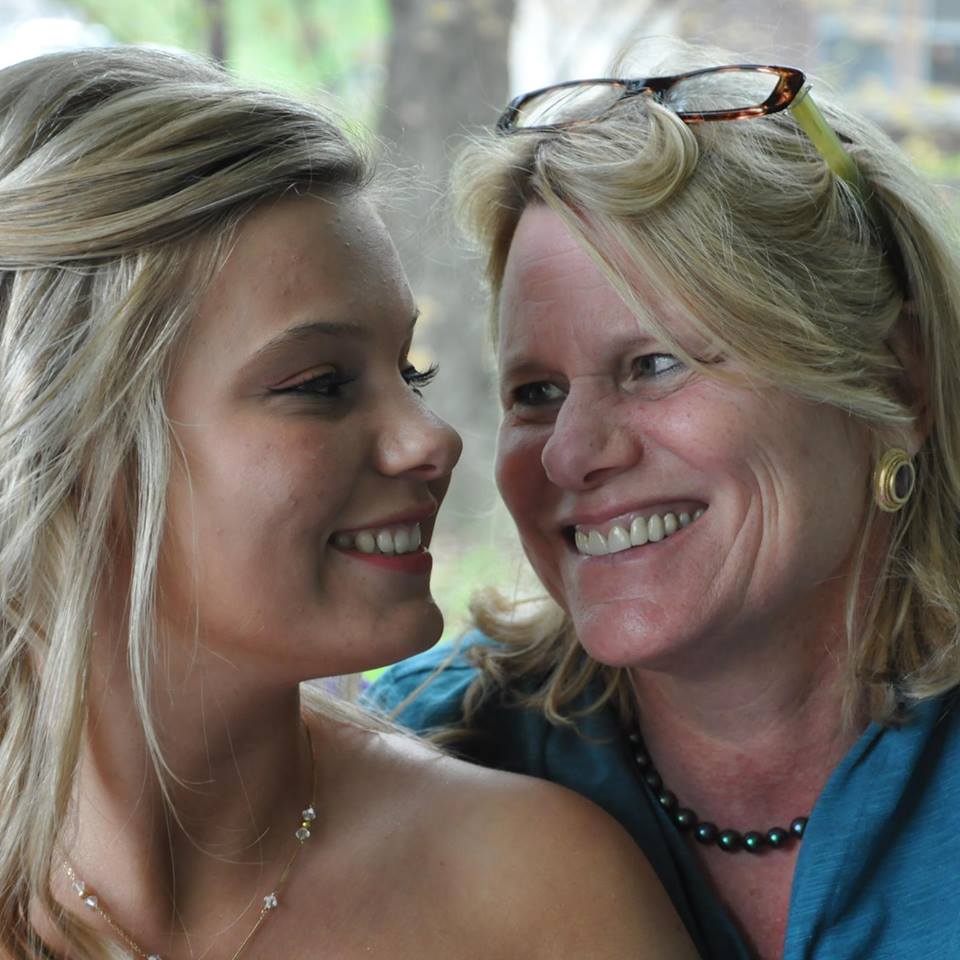 We took a few minutes to ask Susie about "summer slide" and any tips she might have for our readers--be you fans and supporters from afar, grandparents checking on your child at camp, or one of our many local followers dedicated to providing well-rounded educational experiences for your children. Here's a quick note from our co-director:
We took a few minutes to ask Susie about "summer slide" and any tips she might have for our readers--be you fans and supporters from afar, grandparents checking on your child at camp, or one of our many local followers dedicated to providing well-rounded educational experiences for your children. Here's a quick note from our co-director:
Summer is a season when children can spend more time playing, learning their own limitations, and problem solving in areas they feel drawn to. Society doesn’t allow much time for imagining anymore, but that is an important skill and we need to encourage our kids to dream. We also need to provide opportunities for our kids to develop critical thinking. At Camp Spring Creek, we want to keep our childrens' academic skills from sliding during the summer, but we value our outdoor time as much as our tutoring time.
For those reading our blog from afar, if your child has a natural interest in something, summer is perfect for devoting time to developing that interest. Be it cooking, hiking, building, or dancing—whatever their passion, there’s always a way to incorporate basic educational skills and keep it fun. This interest need not be an expensive hobby or something that requires high-tech equipment. Whatever they choose, we need to encourage our kids to dream and then reach for those dreams.
At the end of every school year, I take our children to a bookstore and let them pick a book that interests them for summer reading. If you can’t afford to buy a book, go to your local library and borrow a book. Most libraries have books on CD, which you can listen to while you’re taking a trip in the car or while you are sitting by a brook in the shade.
During the early years (and also in adult life), is important to build meaningful relationships and reflect on those relationships. We have always encouraged our children to write to family and friends during summertime and, often, they get mail in return. If a friend has moved away or a grandparent or other relative lives far away, this is a wonderful way to stay connected while also getting writing practice. Journaling is a private way to keep writing active and kids can get very creative with their journals, pasting in items and photos from different activities they have enjoyed.
In short, our golden rule: Get outside, play with friends, learn a new skill, dream, and write to your grandparents; like summer, they won’t be around forever.
Why We Eat Family-Style at Camp
 "When people come together for meals there is more than nourishment for the body," says local potter and friend Shane Mickey. "There is nourishment for the mind and heart."
"When people come together for meals there is more than nourishment for the body," says local potter and friend Shane Mickey. "There is nourishment for the mind and heart."
We feel the same way, and when we asked Shane if he would make serving dishes for our family-style meals at camp, we were touched by his response. "Susie worked with my son while he attended Montessori and that work enabled him to learn at a higher level," recalls Shane. "When I was approached by the camp to make the serving pieces, I considered it an honor to have my work be the presentation platform for all those fortunate campers and caring tutors and camp counselors." Shane says that family-style meals allow for more sharing, because people can gather and discuss the day's events, triumphs, and failures and therefore gain a deeper understanding of one another. Understanding yields support, and for children with dyslexia who may have self-esteeem issues due to struggles in the classroom, that support is a balm. Slow and steady, this adds up to happier children that grow into successful adults who contribute to society--most often through the innovative thinking that dyslexics are known to achieve.
"To me, Camp Spring Creek is a wonderful asset to our community because it not only adds to the diversity of businesses, but what it's mission entails and what they accomplish is heart-warming and incredibly important to the broader context of our society."
Thanks, Shane!
Interview: Rob Langston, Author & Inspiration
 Today’s interview is with inspiring individual Rob Langston. Rob is a graduate of the University of West Georgia despite being functionally illiterate. He is a published author even though he toils to accomplish what many of us do with ease—read and write. He has conducted assemblies for more than 500,000 children in the United States, traveling 100,000 miles annually to present his powerful message. Rob is the author of For the Children: Redefining Success in School and Success in Life and The Power of Dyslexic Thinking. Since 1996, Rob has been a resource consultant to Vistage, an international organization of over fourteen thousand CEOs (many of whom also have dyslexia).
Camp Spring Creek: For those of us who aren’t CEOs or likely to run into one of your professional development sessions, can you briefly tell us about the steps you used to overcome your personal battle with dyslexia?
Today’s interview is with inspiring individual Rob Langston. Rob is a graduate of the University of West Georgia despite being functionally illiterate. He is a published author even though he toils to accomplish what many of us do with ease—read and write. He has conducted assemblies for more than 500,000 children in the United States, traveling 100,000 miles annually to present his powerful message. Rob is the author of For the Children: Redefining Success in School and Success in Life and The Power of Dyslexic Thinking. Since 1996, Rob has been a resource consultant to Vistage, an international organization of over fourteen thousand CEOs (many of whom also have dyslexia).
Camp Spring Creek: For those of us who aren’t CEOs or likely to run into one of your professional development sessions, can you briefly tell us about the steps you used to overcome your personal battle with dyslexia?
Rob Langston: Anything smarter, faster, stronger, or that can overcome obstacles is what CEO’s want. That’s what the dyslexic mind wants, too. Being dyslexic, the majority of my problems had to do with getting through school in classrooms. I looked back and realized I was going through the same 5 steps every time and I turned those steps into a three-hour program. By the end of the program, people can help themselves think like a dyslexic, if they don’t already. A high percentage of CEO’s come up to me after each program and tell me they are also dyslexic or ADHD. It’s always refreshing to have something that had been a negative thing in school turn into a really positive thing in life.
The five steps are: First, set a goal and write it down. Second, get educated on your goal (what it will take to accomplish it). The third step is what really sets this program apart, because it has to do with how to set up reinforcement for the motivation for each goal. For example, your ringtone can be an affirmation or your screen saver can be a typed message of your goal, etc. Once you set that up, the fourth step is focus. You can see the path and get what you want when no one else does. Another name for that is leadership. The fifth step is the action initiative. We take action and get started.
CSC: How do you learn best?
RL: I’m an auditory/visual learner. Because I read so poorly, every member of my family read to me when it came time to study. I could listen and absorb for longer than they could stand to read. Today, I devour audio books. Sometimes I’ll listen to the same audio book two or three times until I’m learning at full capacity and taking it into my life as something that will impact me. The repetition of listening is a very strong learning tool for me and I think it works for many others. As far as visual learning, I observe and watch everything until I feel I have visual mastery of what I want to accomplish—whether watching sports or a social situation, etc. When I am ready, I join in and I usually find great success. Today, I use many YouTube videos for everything from work-related issues to learning how to build a chair. I repeat the watching until I have visual mastery and then I’ll go do it. My main weakness is that if you hand me a manual and say, “Read this, then do it,” that’s challenging for me.
CSC: You have spoken to hundreds of thousands of youth across the country. What commonalities amongst these children and young adults do you encounter? Is there one question they all seem to ask? A set of shared concerns or misunderstandings that they have in common?
RL: My observation is that kids are kids are kids. I have spoken in schools in Harlem that hadn’t had school assemblies in 15 years because they went so poorly and we’ve had great success. I’ve also spoken in private schools in San Francisco and had success. Dyslexia is not a place or race thing; it’s a brain thing. If you talk to kids about what they’re interested in, you’ll have them. I tell them about what it was like emotionally to hide, lie, and cheat in first grade and they can relate to that.
As far as the kids asking me something, for most of them it is more about feeling so relieved that someone is talking about this struggle out loud and in a positive light. The most common thing I get is when a kid will raise his/her hand and say, “I’m dyslexic too,” in front of all their peers. I always congratulate them. That’s a powerful event for them. Finally, they don’t feel alone and are held in a positive light. This also helps the unidentified dyslexics start thinking about things and getting help or being fearless and accepted. I also talk to teachers because they’re the first line of defense.
CSC: You published your first book, For the Children, using the author name “Rob Langston, LD.”We assume the “LD” stands for learning difference, and enjoy that you included it in your title where most people include a list of their educational degrees. Can you tell us a little more about this decision and what it says about your approach to life and work?
RL: That’s part of taking ownership of who you are. Having dyslexia is a part of who I am, no matter what. My struggles with reading make me who I am. My empathy with other people who struggle with any types of challenges is part of who I am, too. The strengths that come from the way my mind works in business and life are a part of me, too. When I first got out of college and started making money, I went out and bought a shiny, red, turbo sportscar and got a specialized tag. I had the tag say: ABLE LD. I’m a learning abled person with a difference. My son has dyslexia and I want him to see the benefits to the way his brain works, too. He had early intervention and is in 3rd grade and reading at a 3rd grade level, so he has a better jump on life than I had. His creative mind is still there, too, and I’m so glad for that. Everyday, I see him using his dysxleic mind right alongside his reading mind.
CSC: You’ve blogged for Psychology Today about being a “techno dyslexic” and, specifically, how your GPS unit saves you throughout your travels. Are there any other tools you “can’t live without,” technological or otherwise? If so, what are they and how have they become so important in your life?
RL: Today, we have voice recognition technology. You pick up any iPhone or Android phone and the little microphone is right there to press and tell what to do. It’s a more efficient way of working. I can also dictate into my phone while I’m driving and I’ve done that for entire books that I’ve written. Just recently, I started using the calendar function on Macs a lot. Dyslexics can be disorganized at times, to say the least. I switched everything over to Mac and iCloud and everything syncs no matter what device I have with me at the time. My son is involved in project-based learning in school and he’s used the iPad for that twice now. It’s really nice because there are so many apps that can help him with spelling and writing.
YouTube is also a huge technological resource. I do lots of editing and I utilize that as a technology advantage everyday because it like the audio/visual way of taking in information as well. There’s a lot of other help out there, but it’s text-based. Now that I’m all Mac-based, I find myself using the text-to-voice reader a lot and that helps utilize those text-based sites. Social/visual media is also so accessible. What I do at dyslexia.com couldn’t have been done 3 years ago because the broadband wasn’t available. Now, we broadcast in 34 countries. I’m proud of reaching 500,000 kids live in the school system, but, online, things are unlimited and available on every SmartBoard for every teacher that wants it.
Summer 2014 Scholarships
We're delighted to announce that this summer we're offering 5 scholarships to campers through our partnership with OpenDoors of Asheville. The 5 campers will have 4 weeks as boarding campers, fully funded. These scholarships will go to children living in multi-generational poverty as a joint effort between Camp Spring Creek and OpenDoors to make positive, life-altering learning experiences accessible to children of any economic means in Western North Carolina. Last year's scholarship recipients from this partnership had moving things to say after their camp experiences. You can read excerpts from their letters here. We were also able to offer 2 scholarships at 50% to local children and are aspiring to raise another $7700 to support one more scholarship to give a local child 4 weeks of boarding at camp.
If you missed our demographic breakdown by age, gender, and location for this summer season, you can check out who comes to Camp Spring Creek. Suffice it to say, we have a waiting list for the first time in 10 years and we're taking names for early registration for 2015 right now! Please be in touch if you have questions, would like to be considered for a scholarship, or feel inspired to donate money to help us bring one more local child to camp this season!

